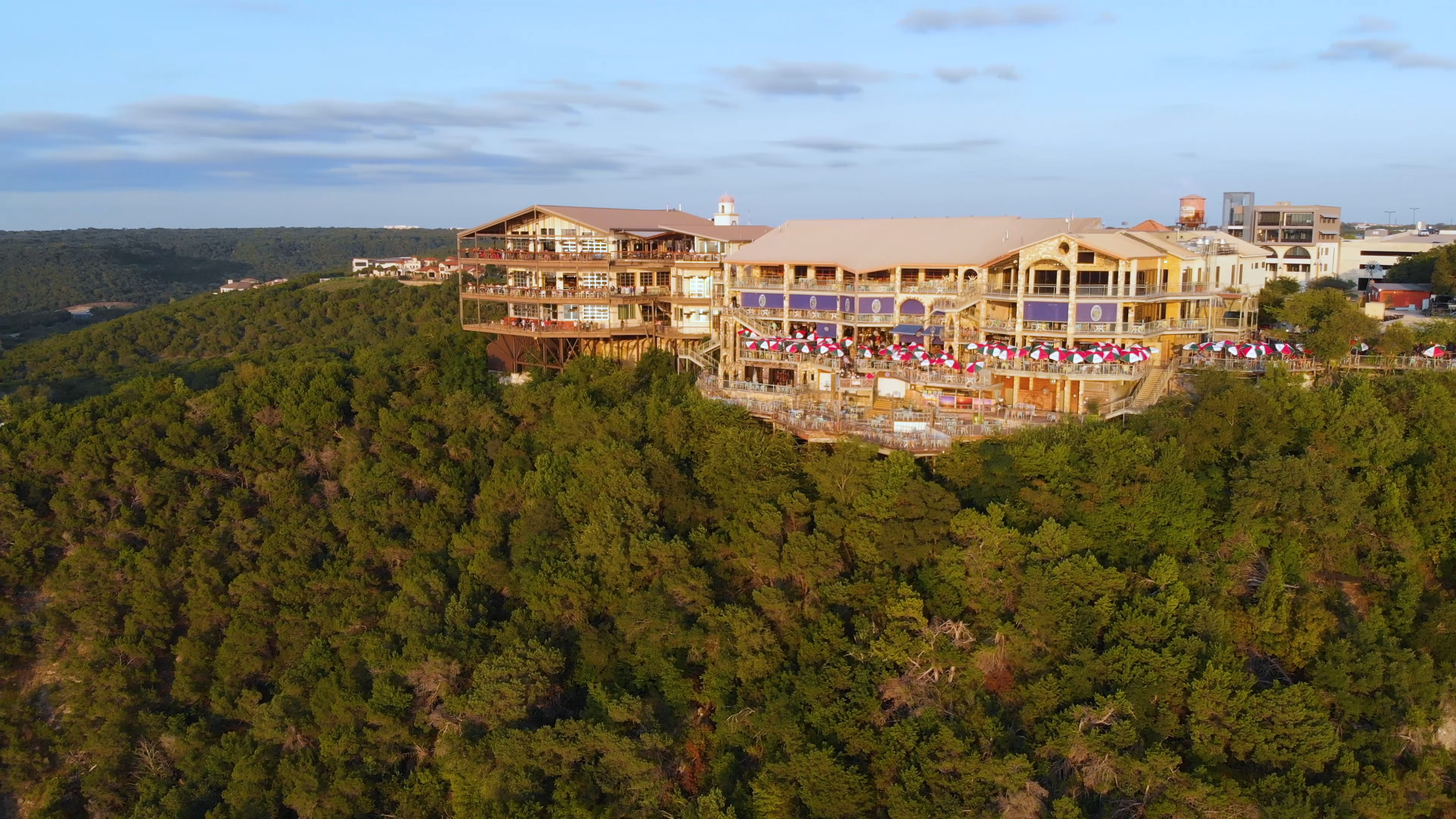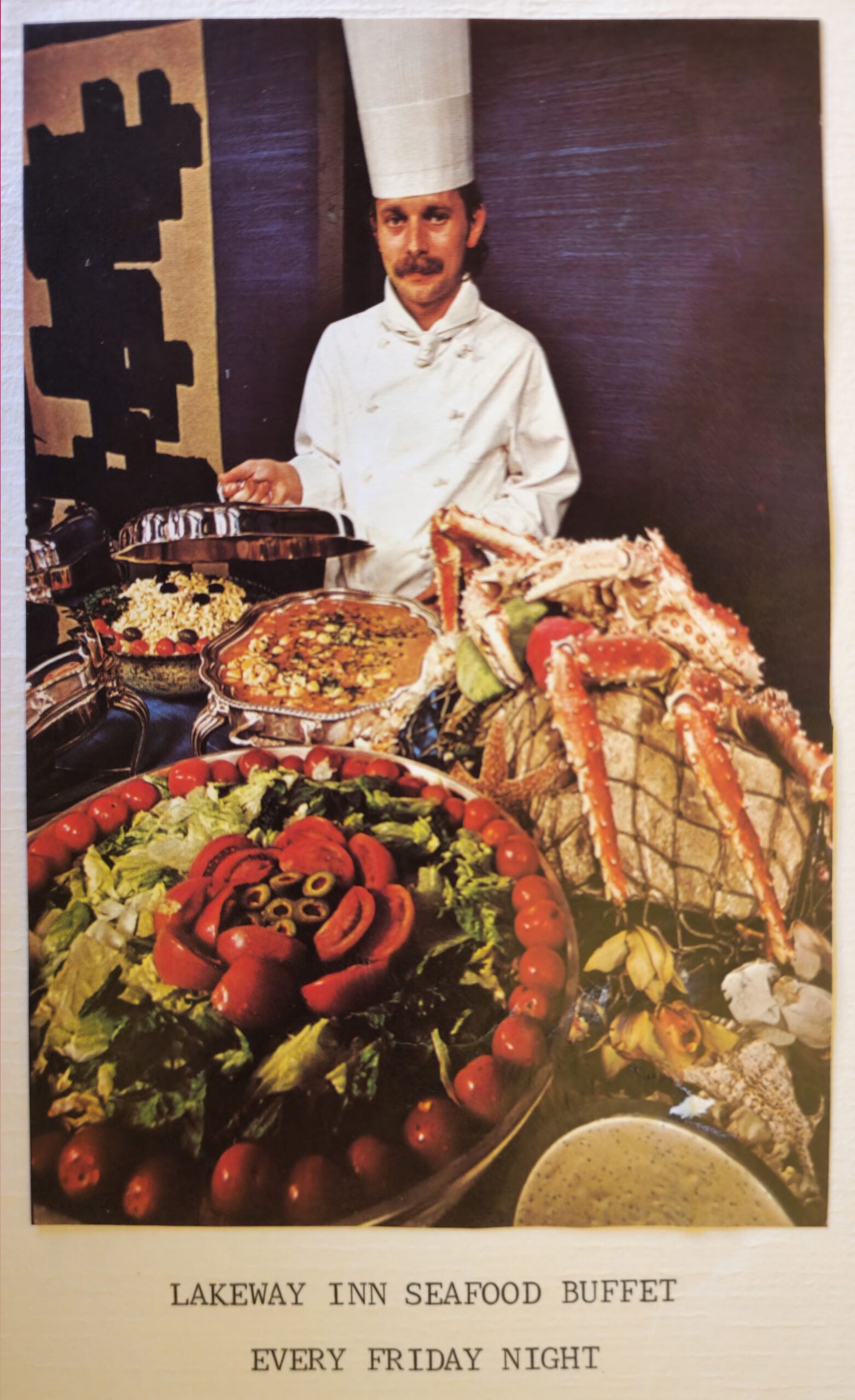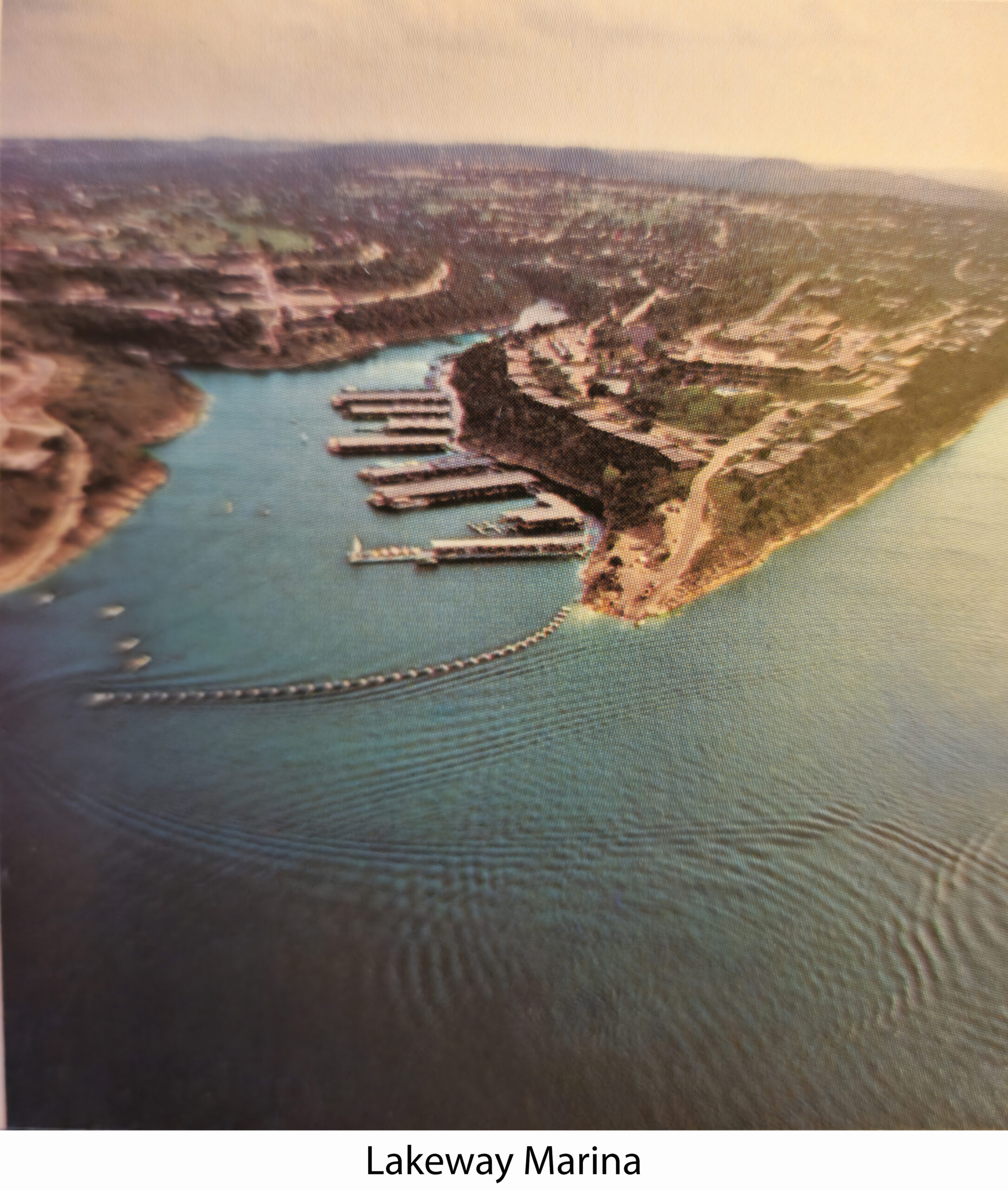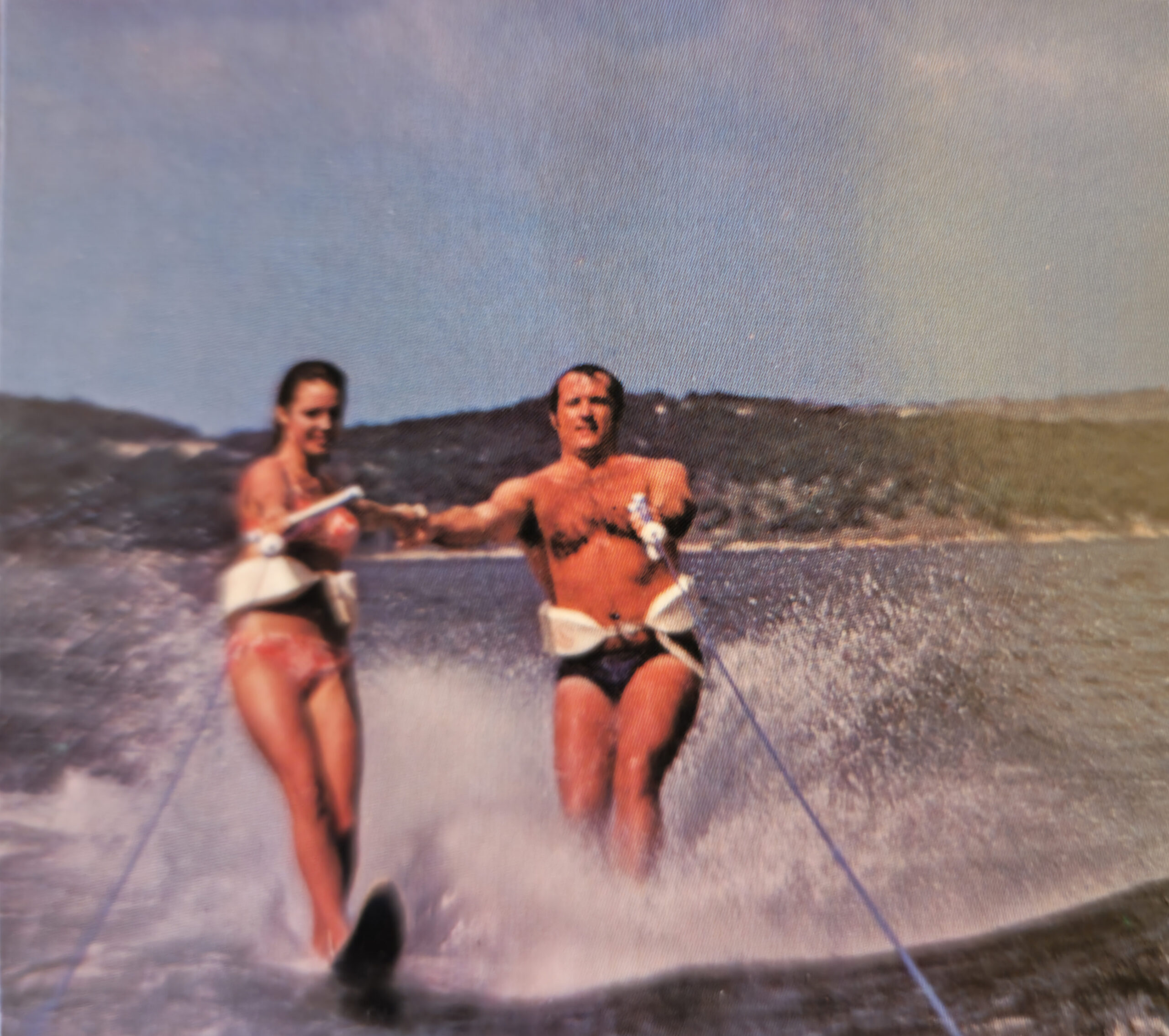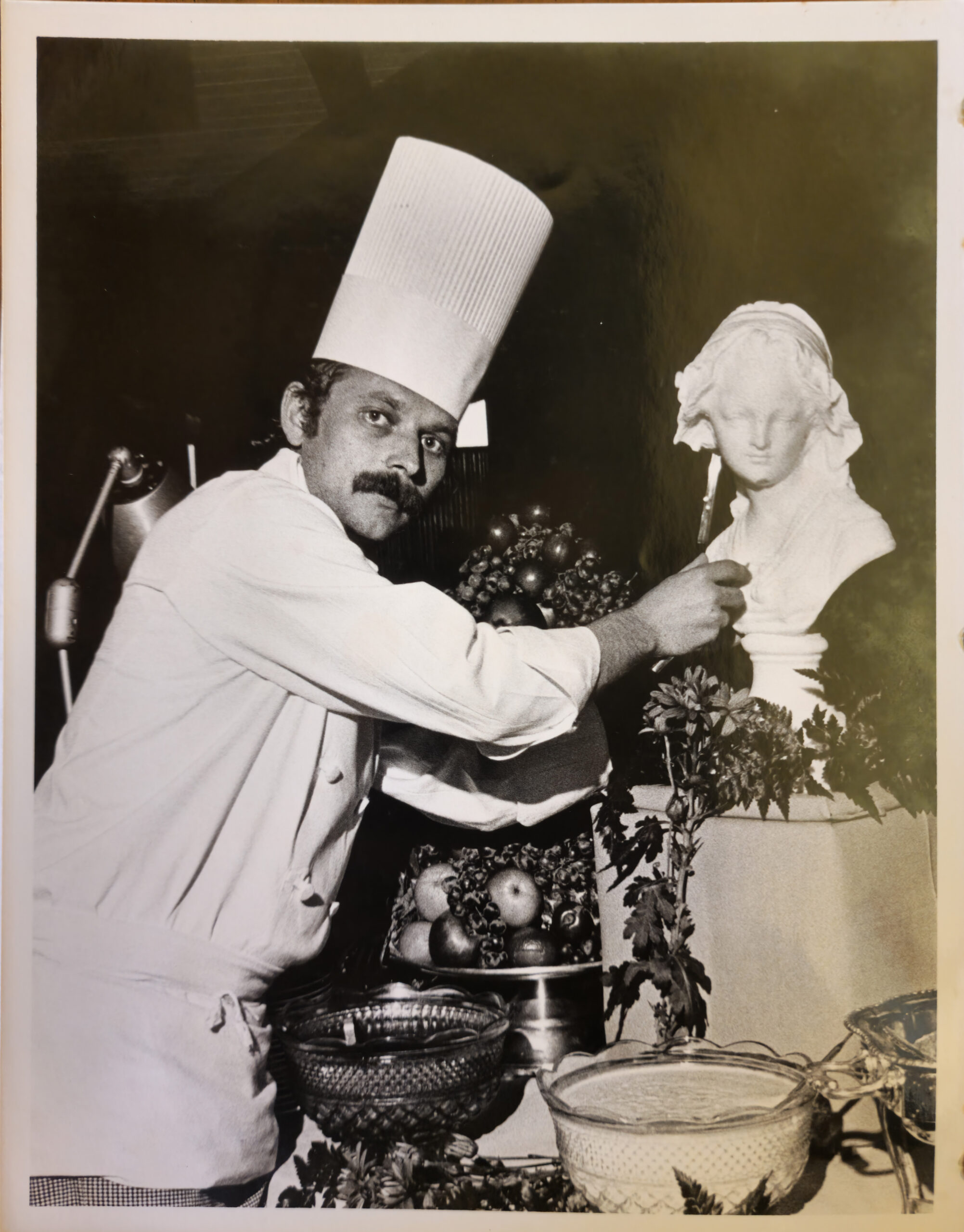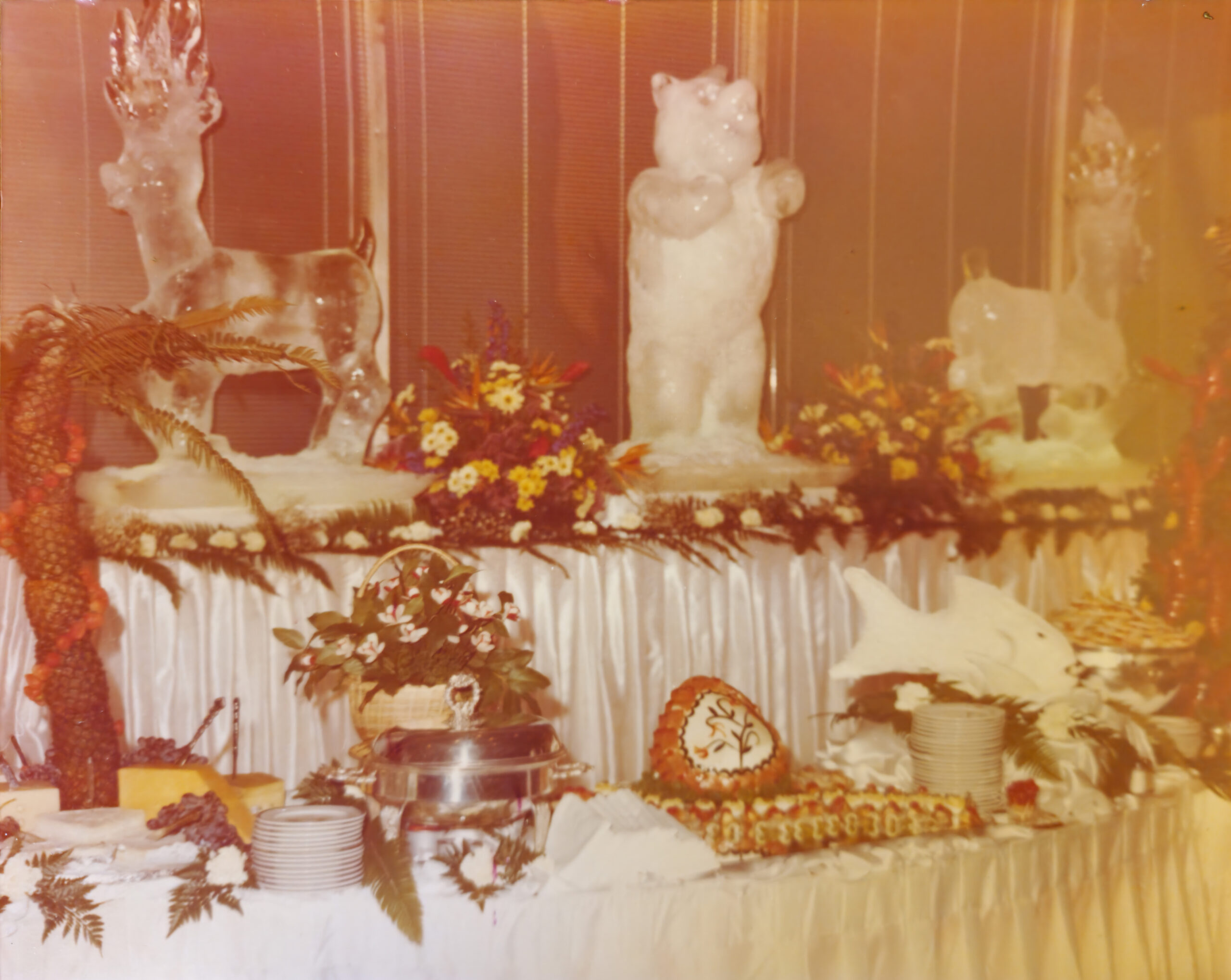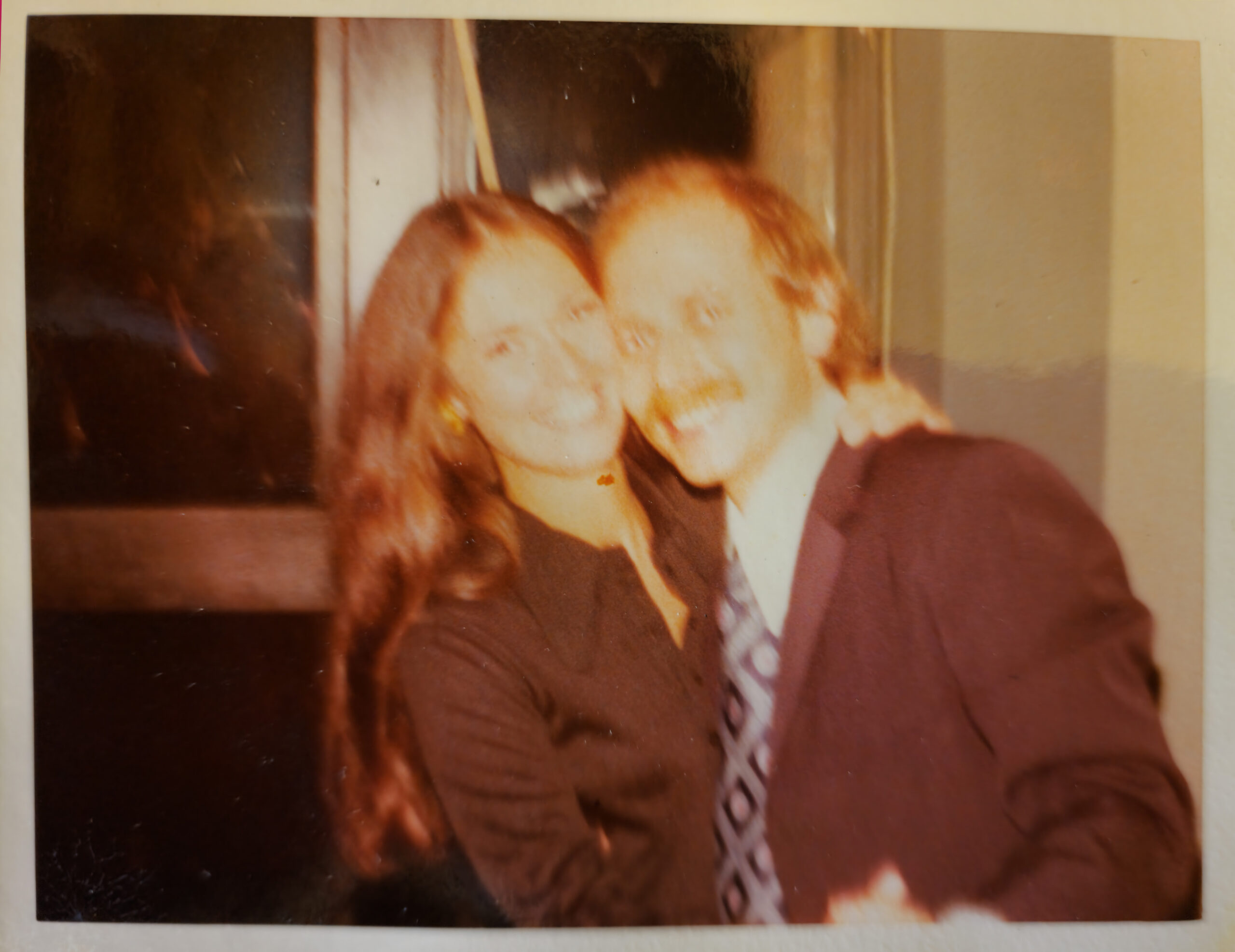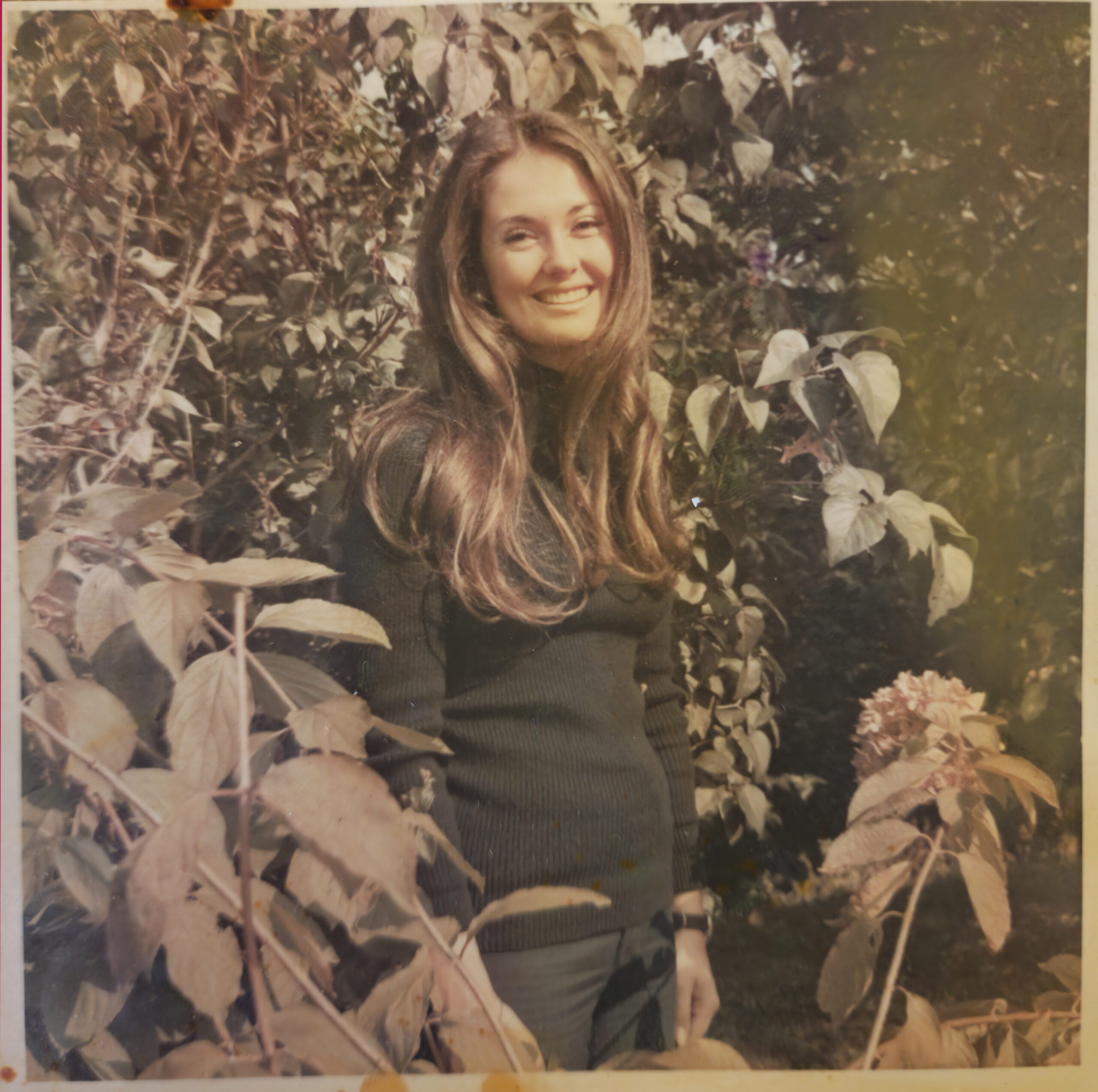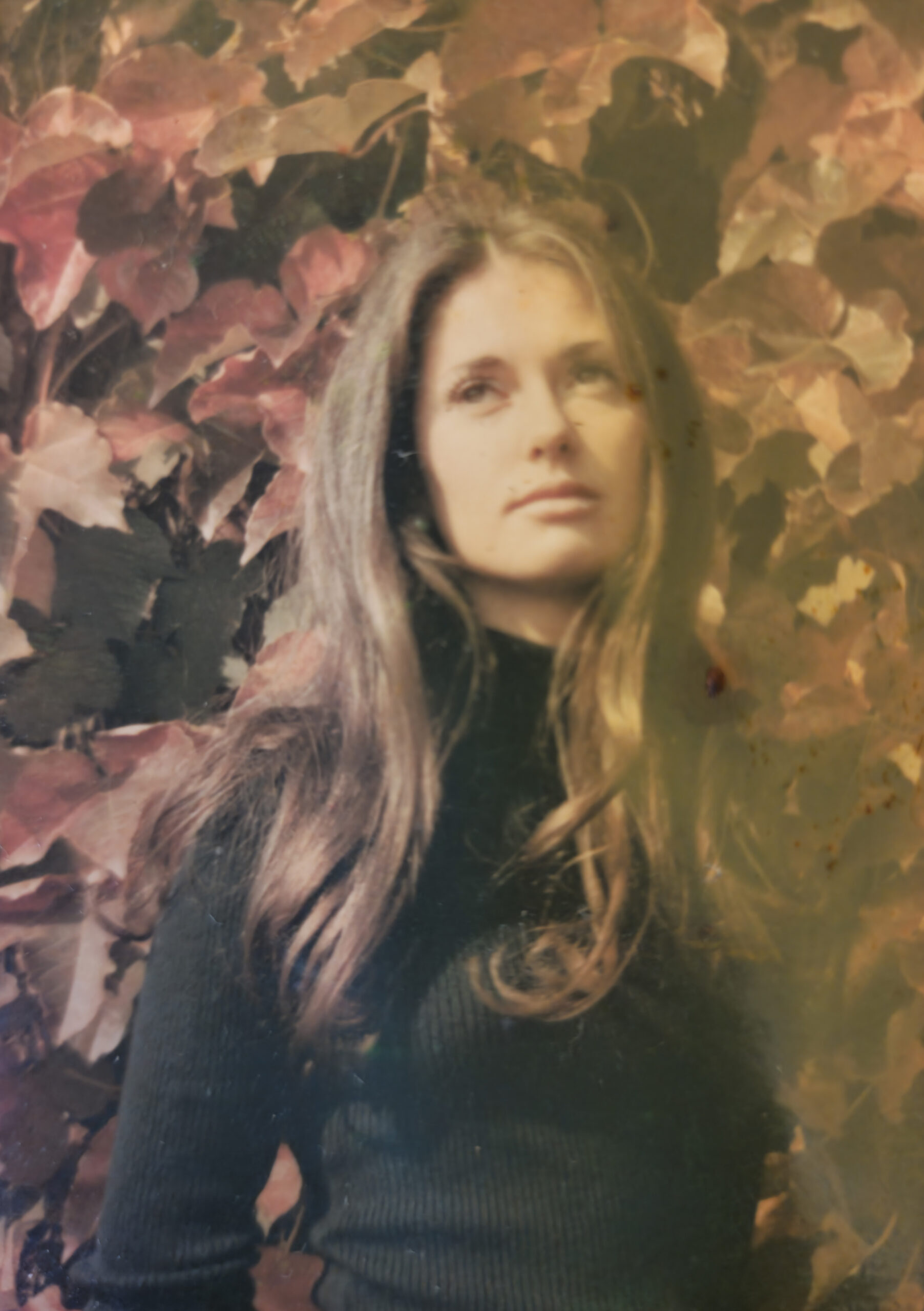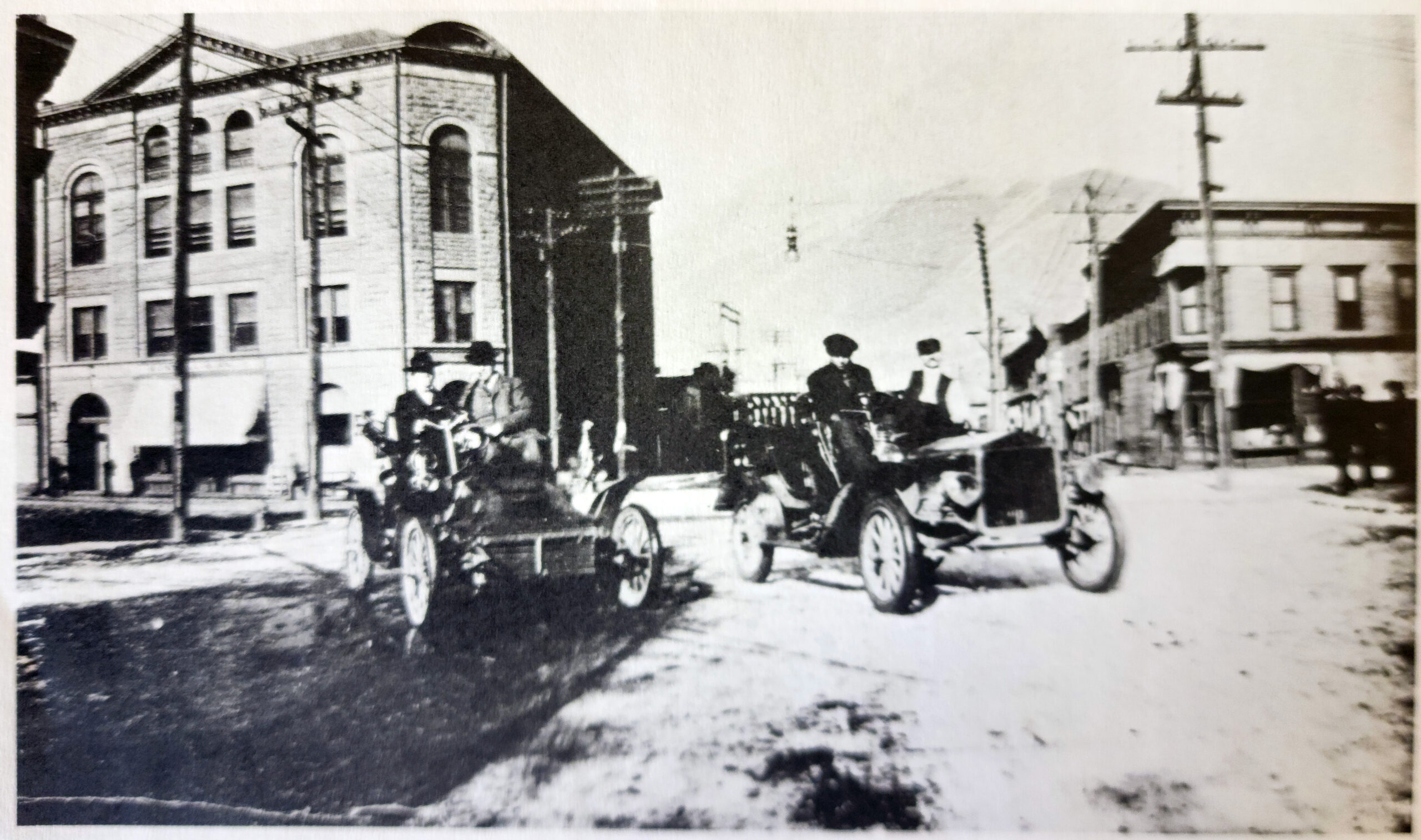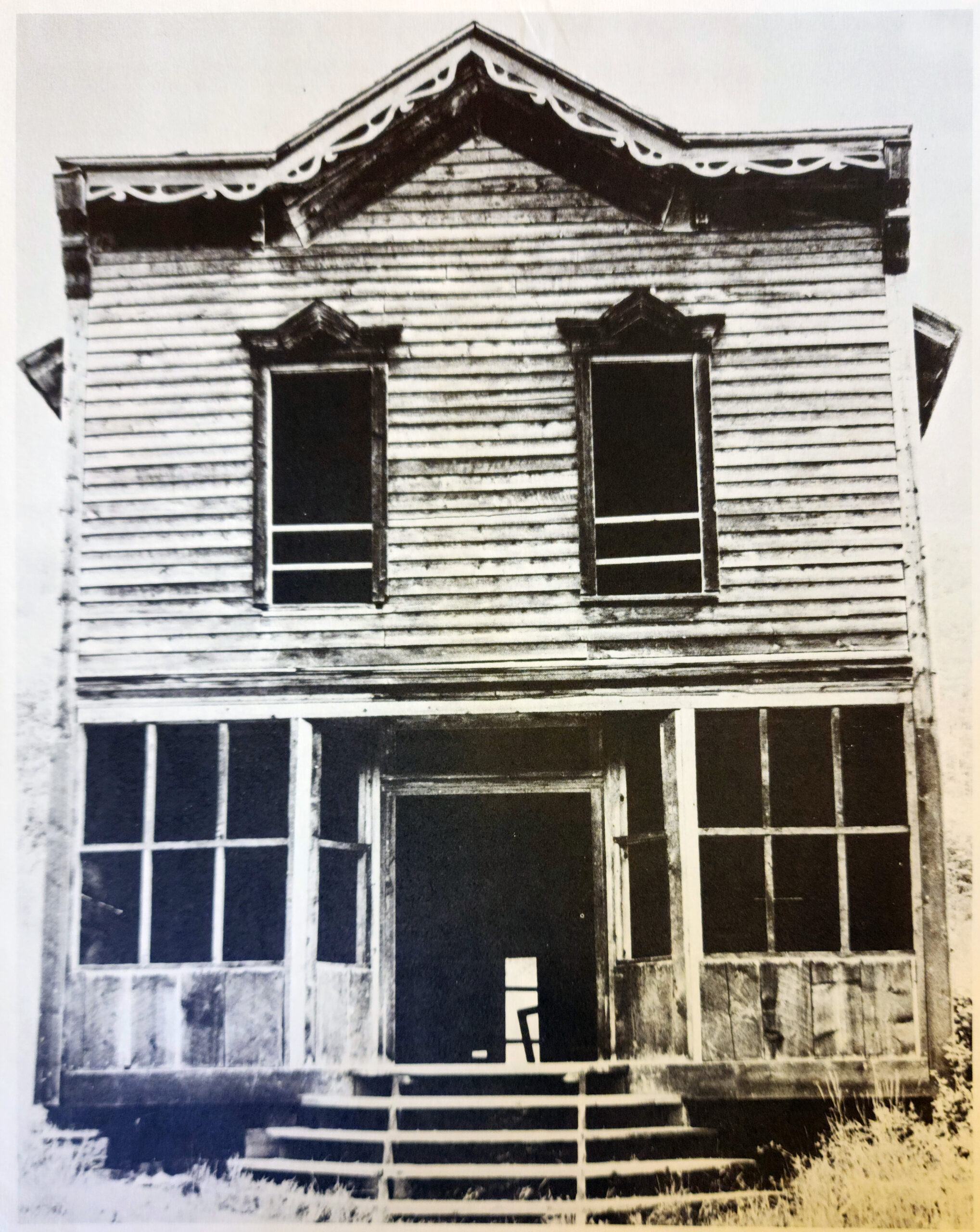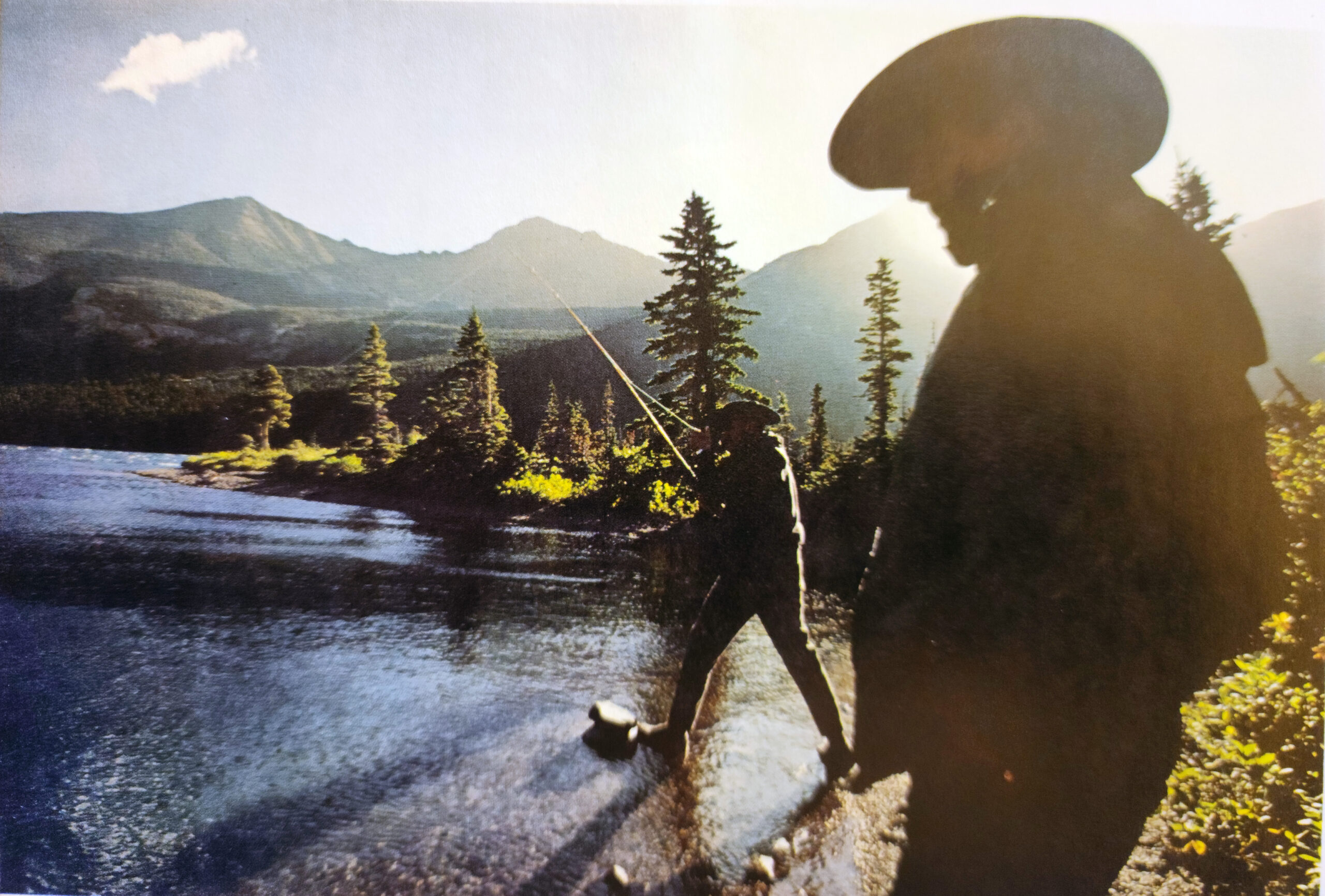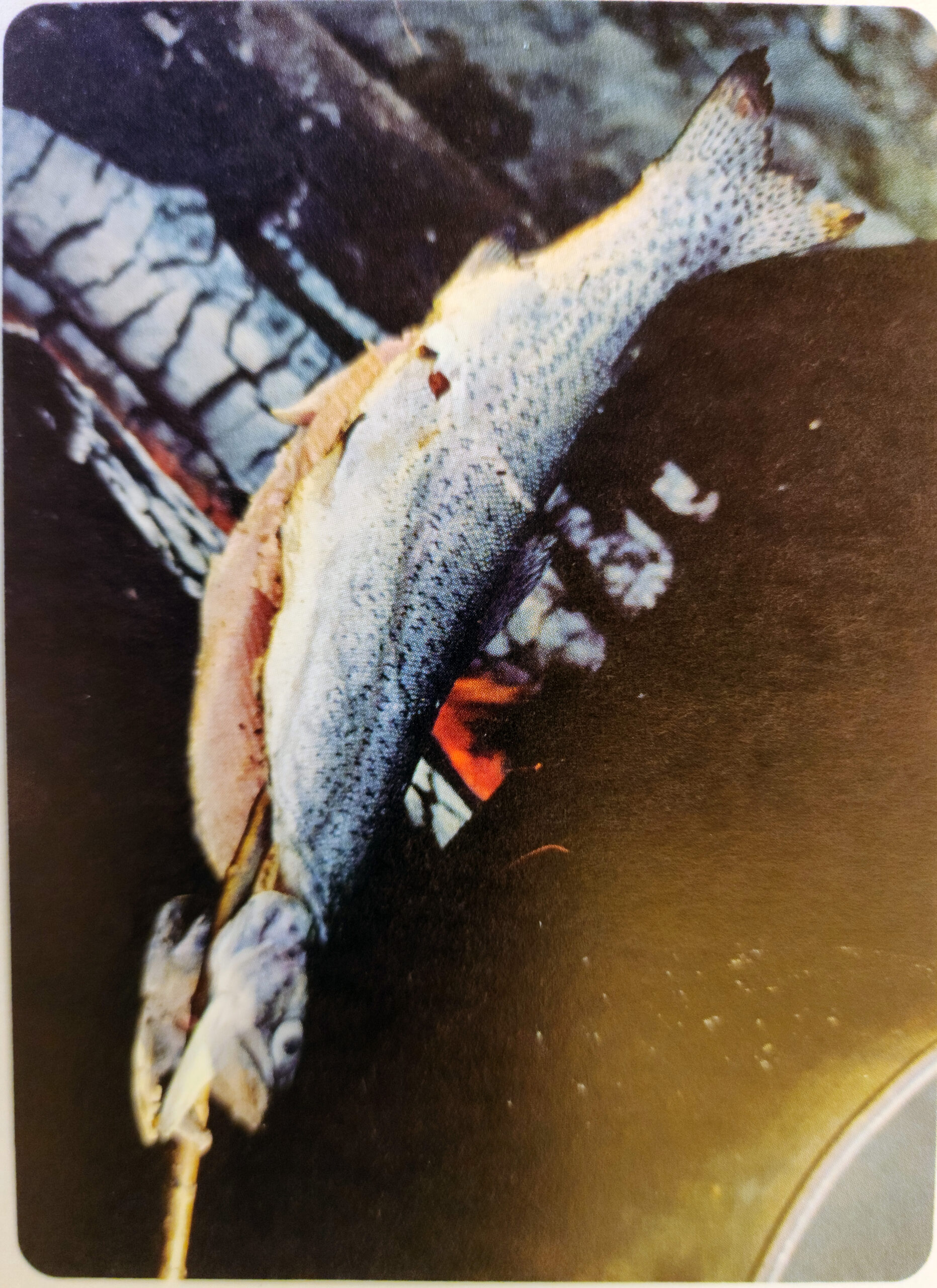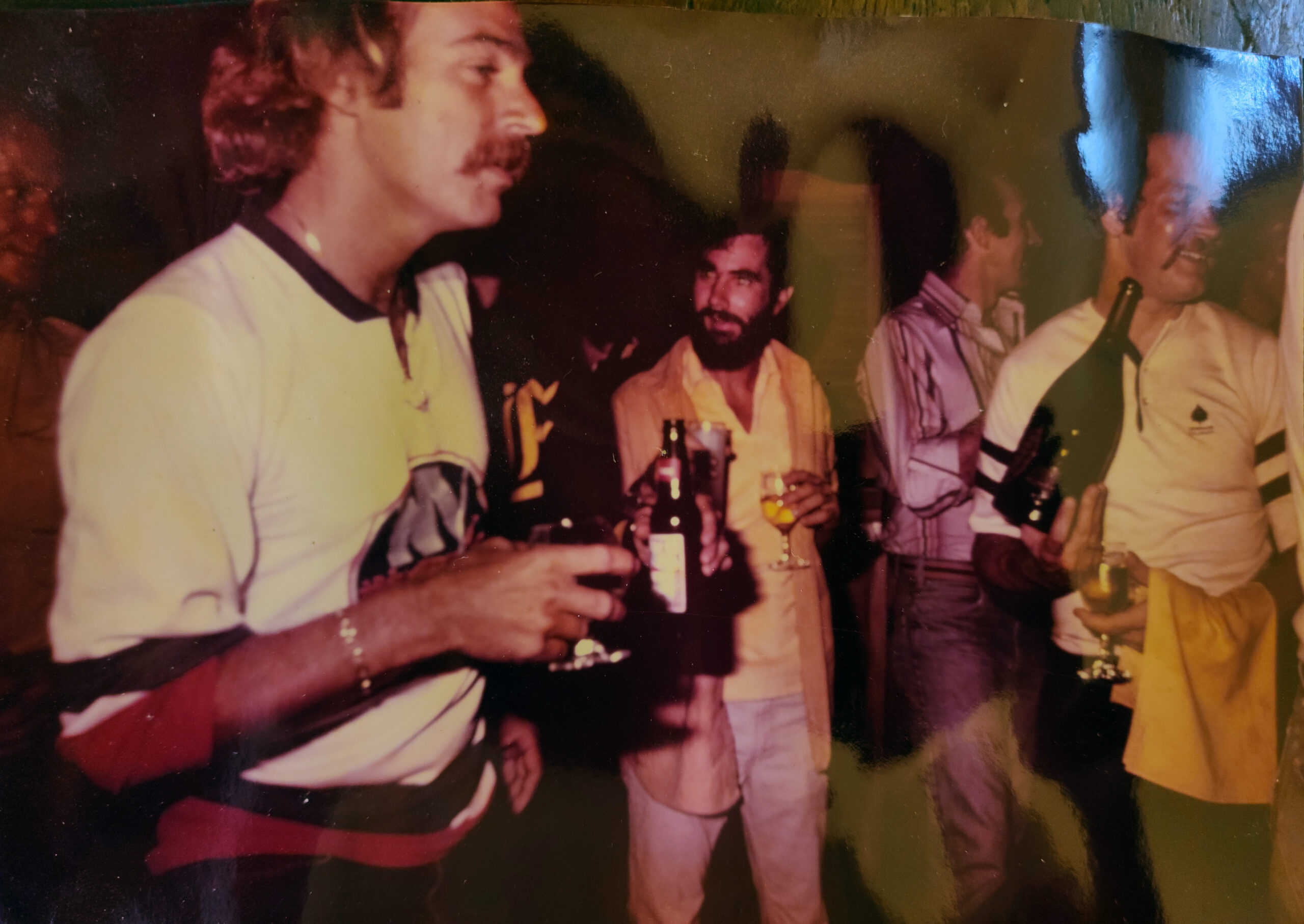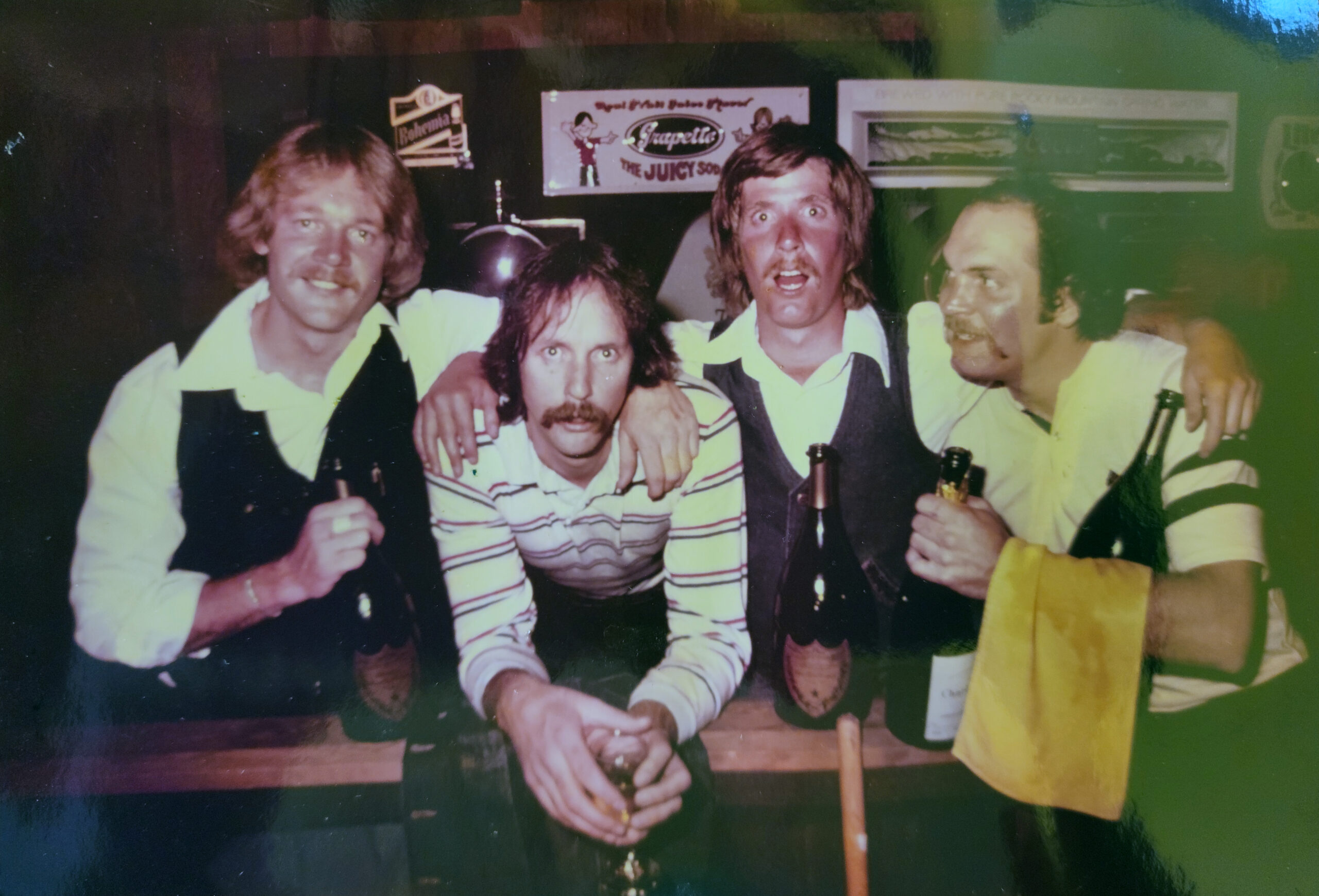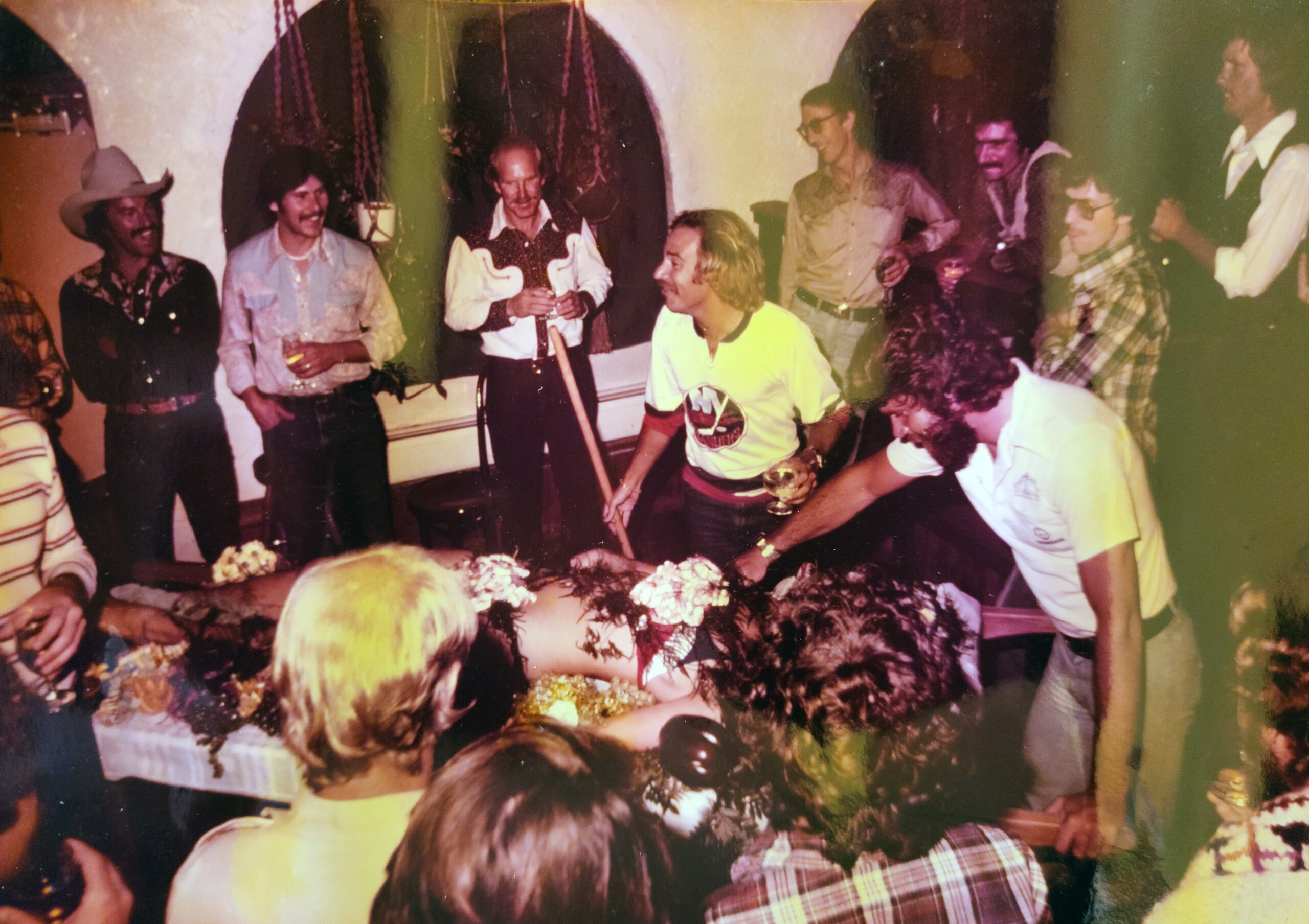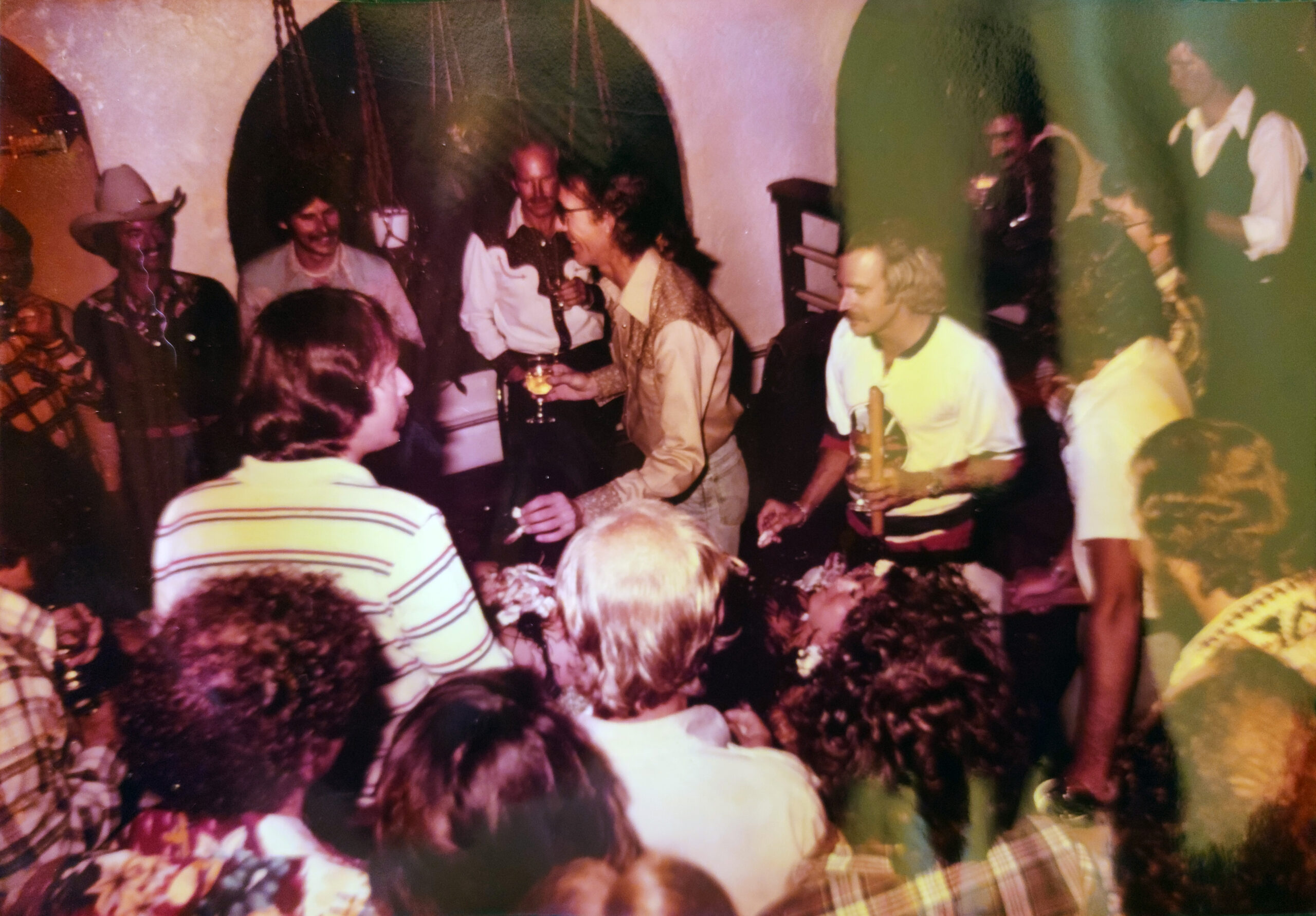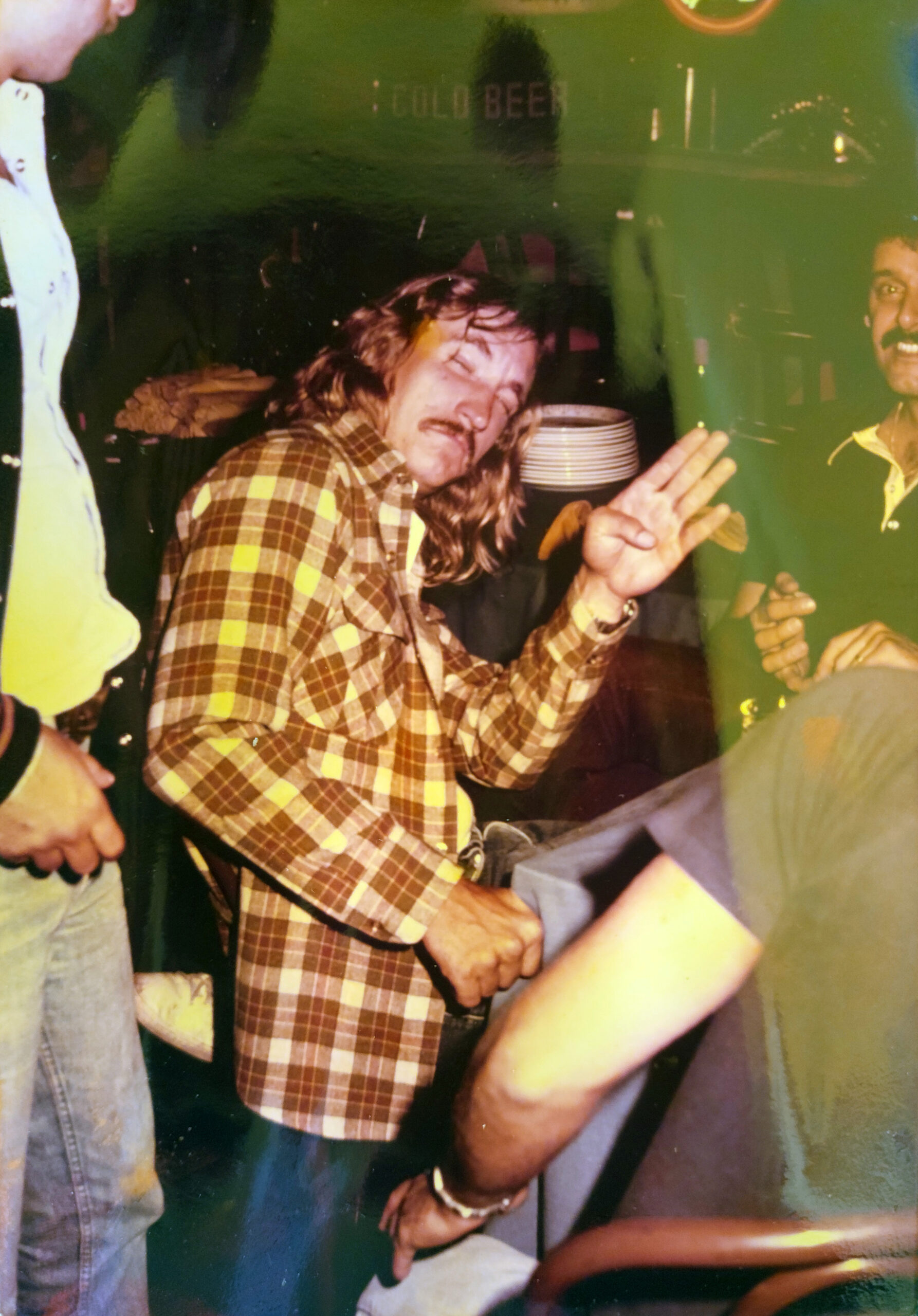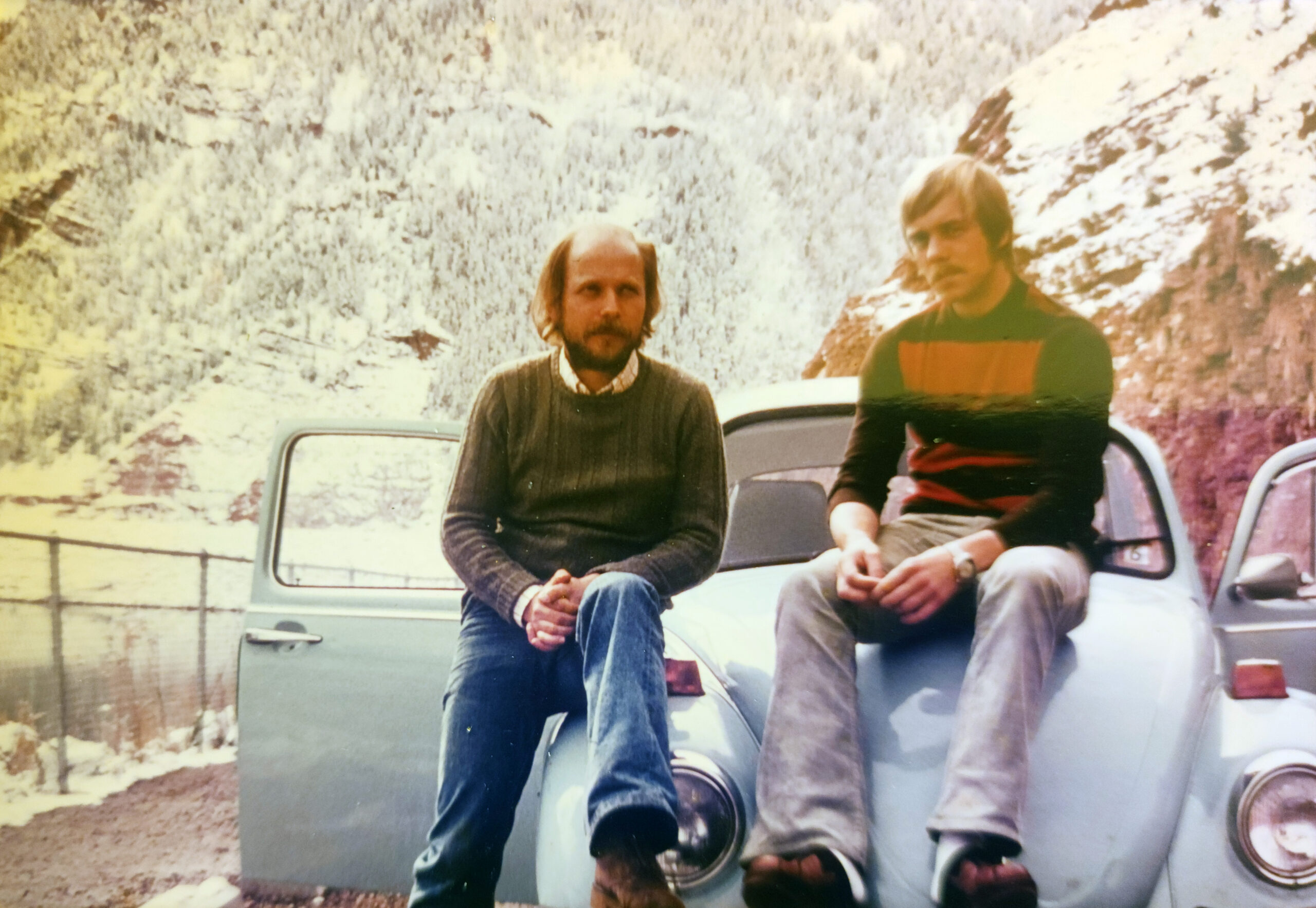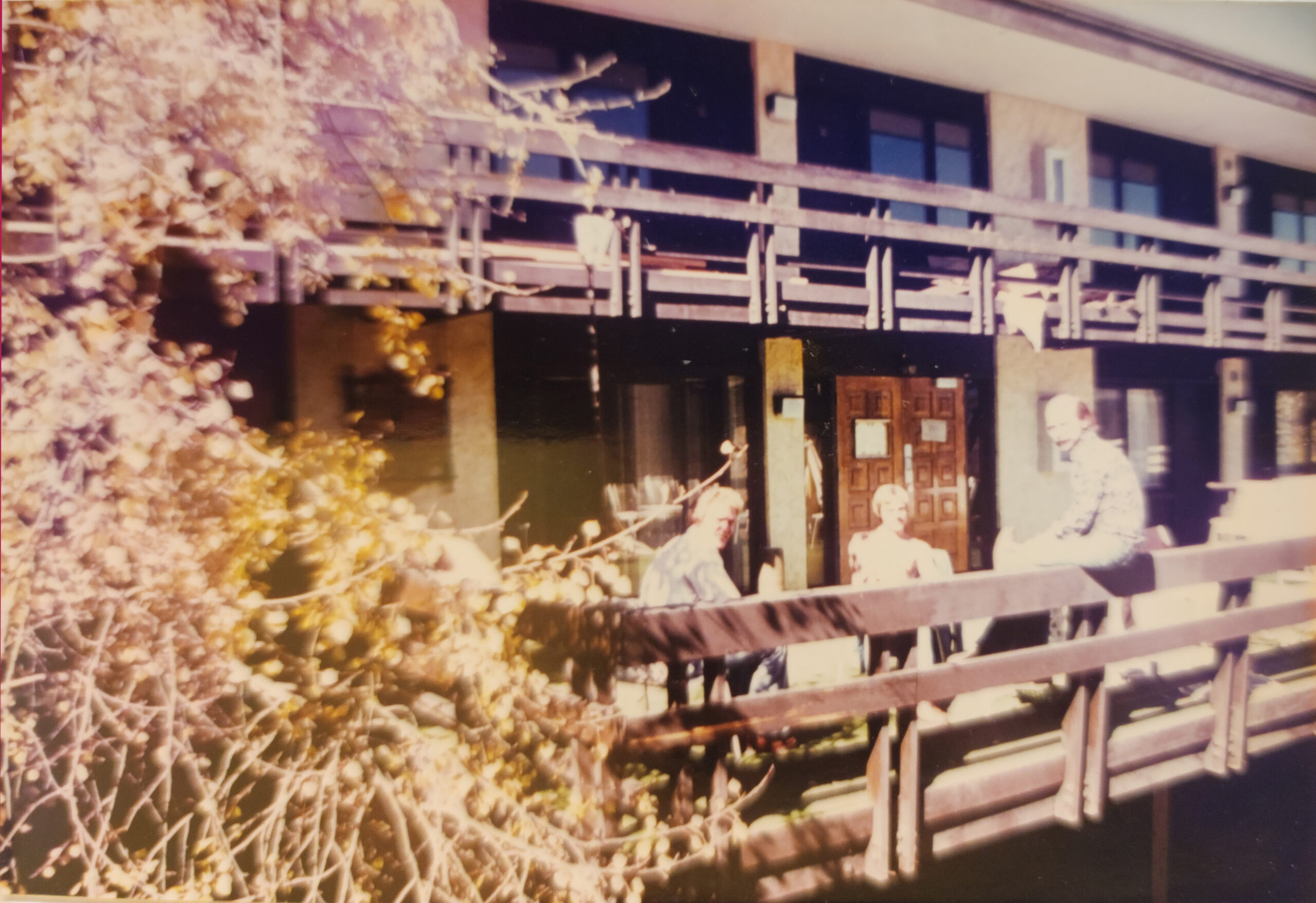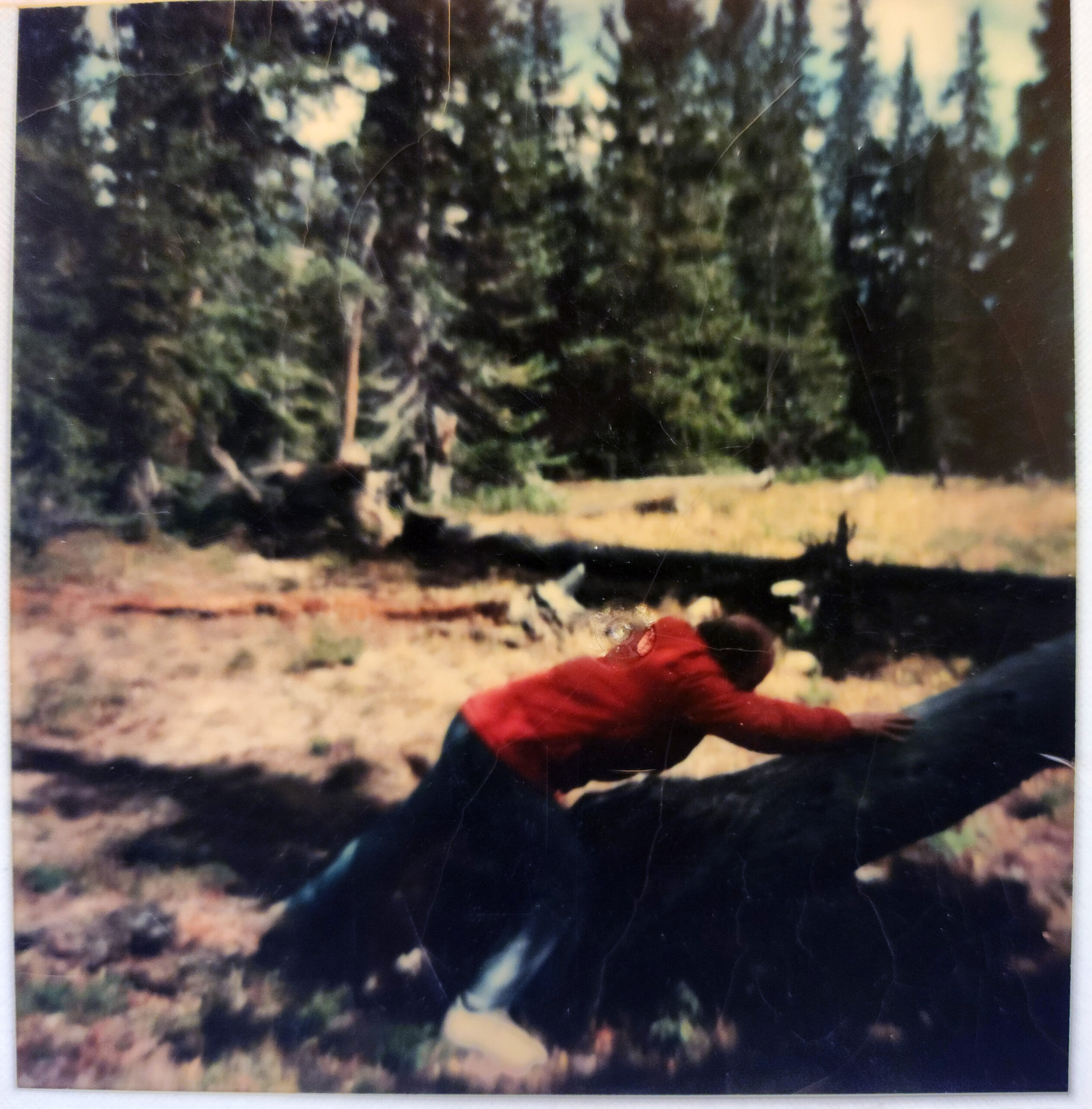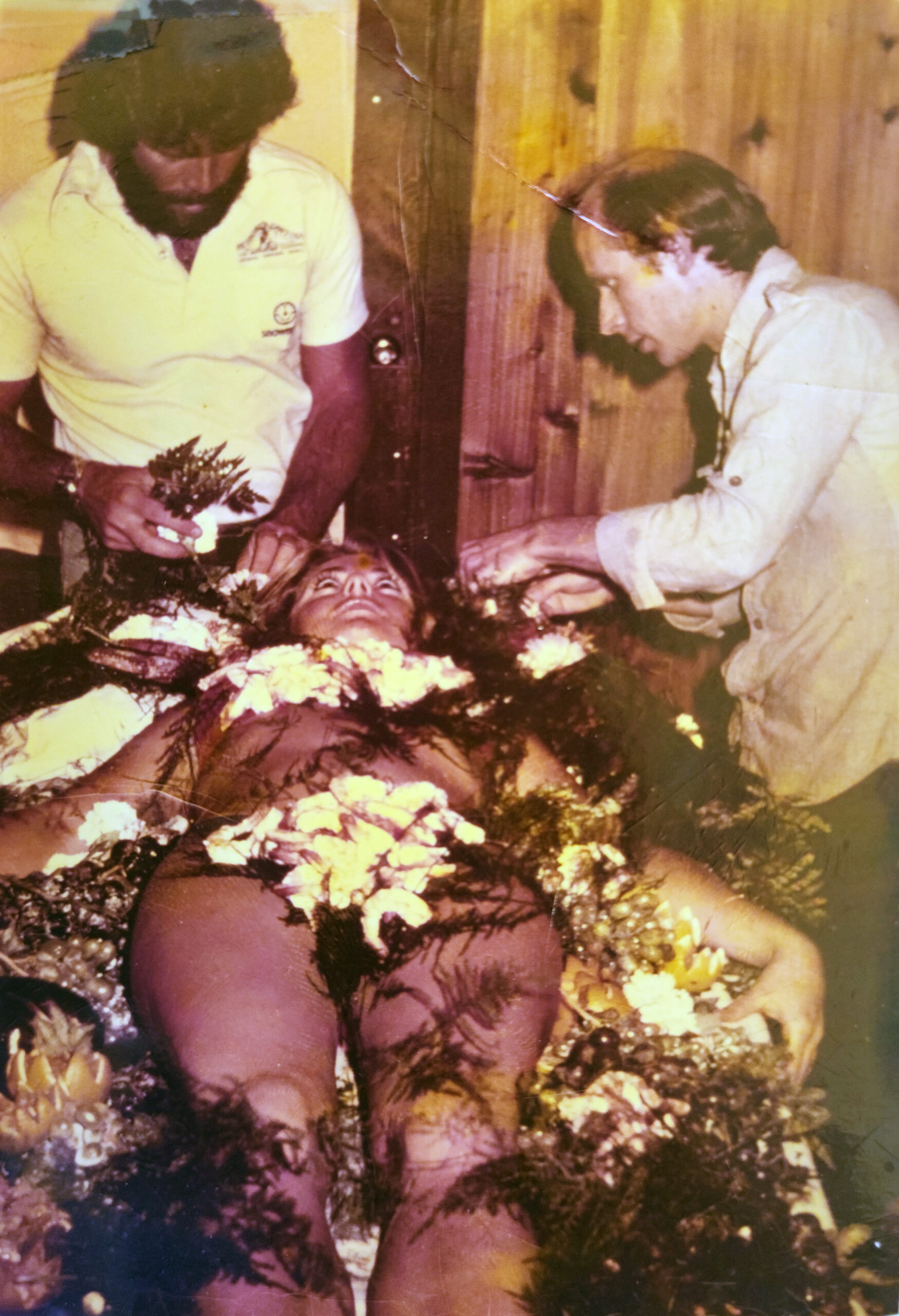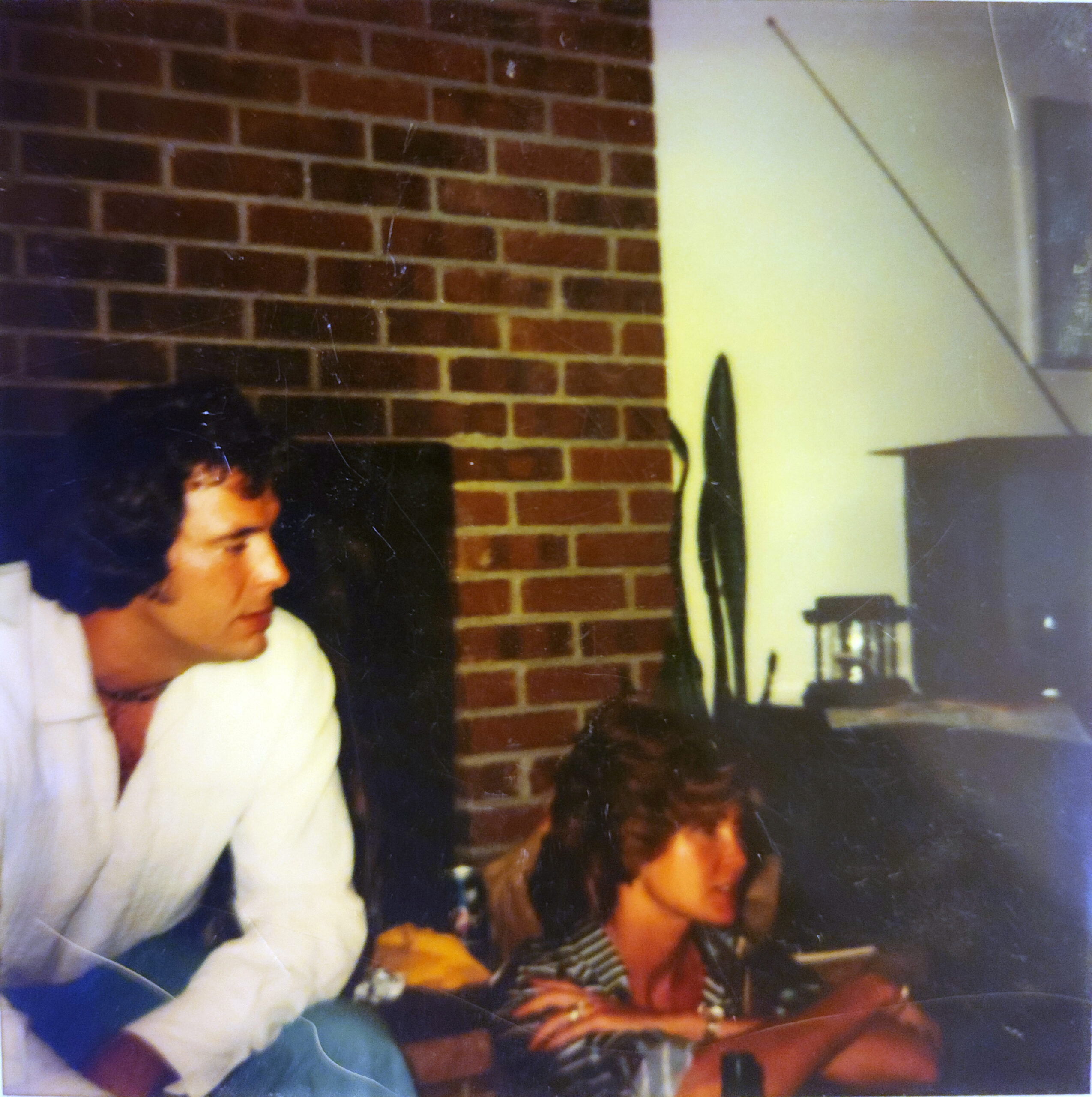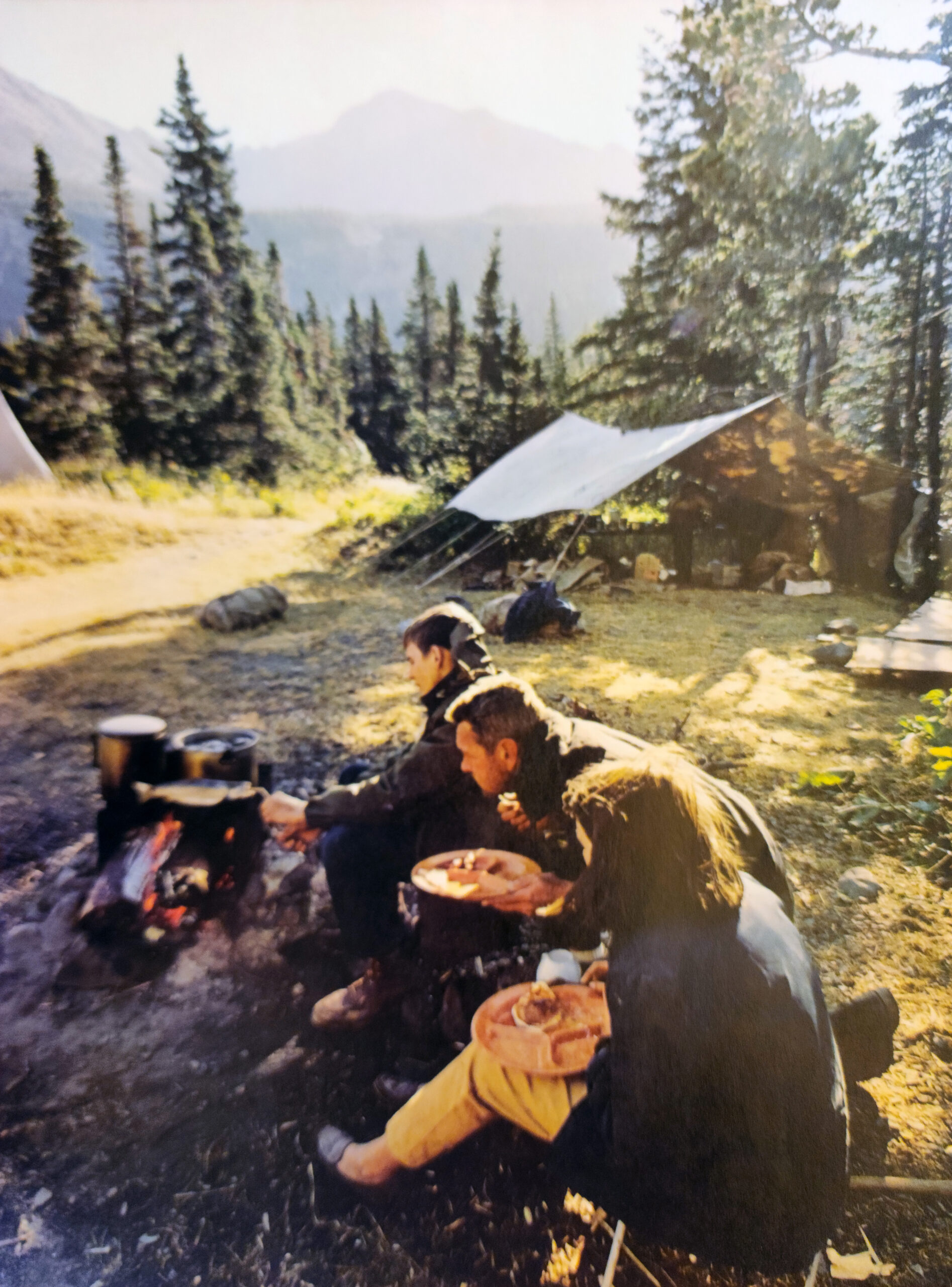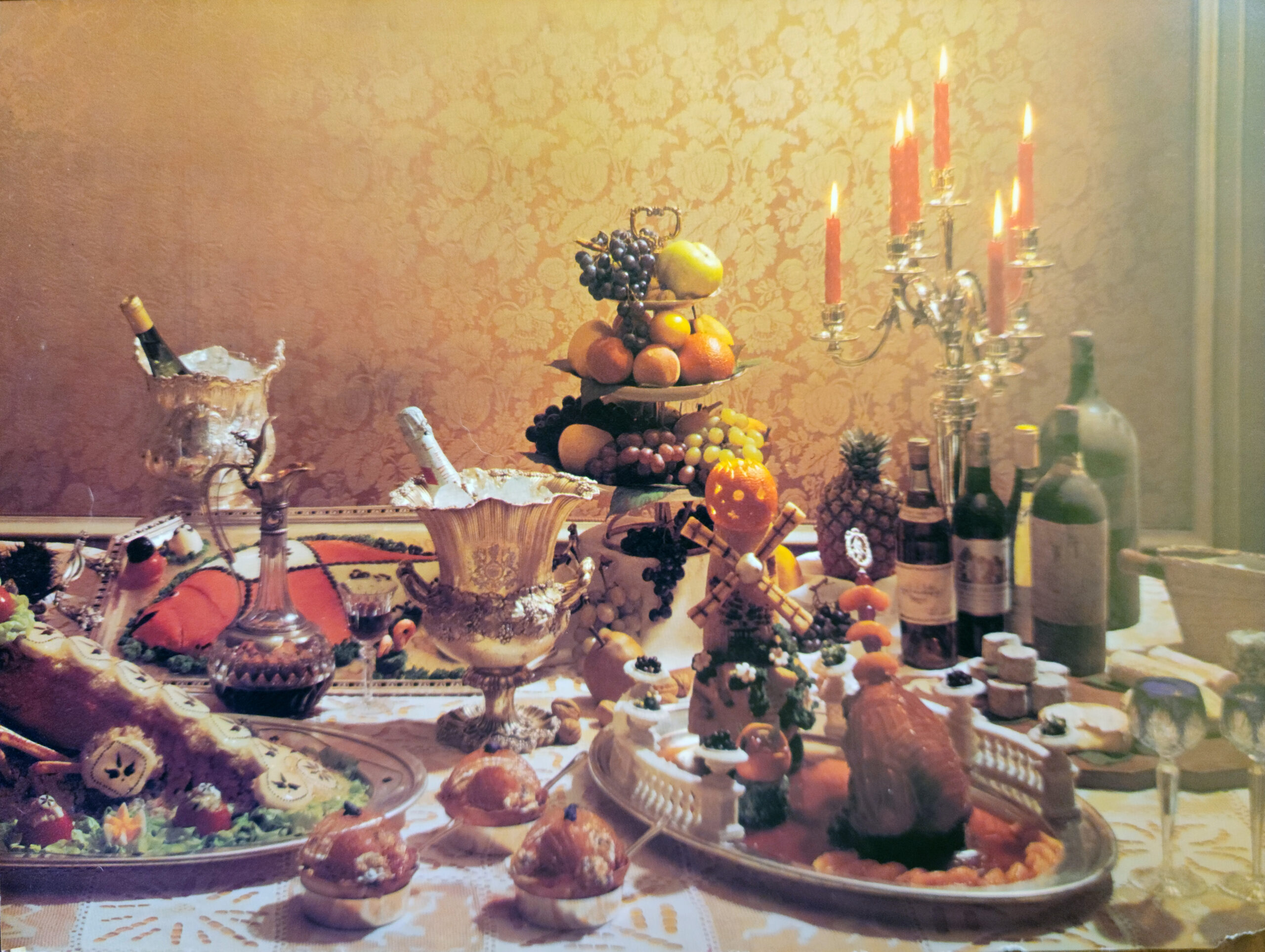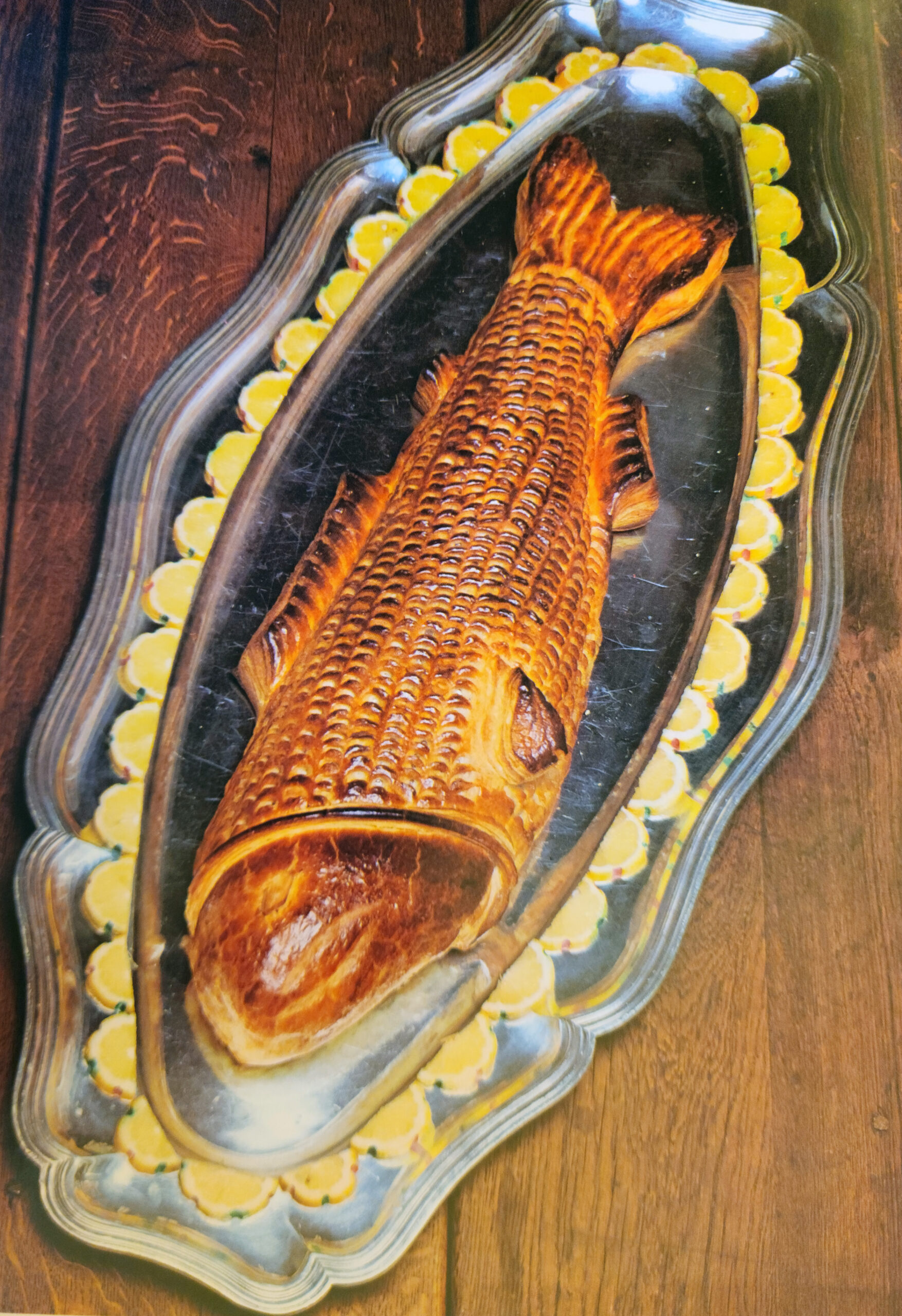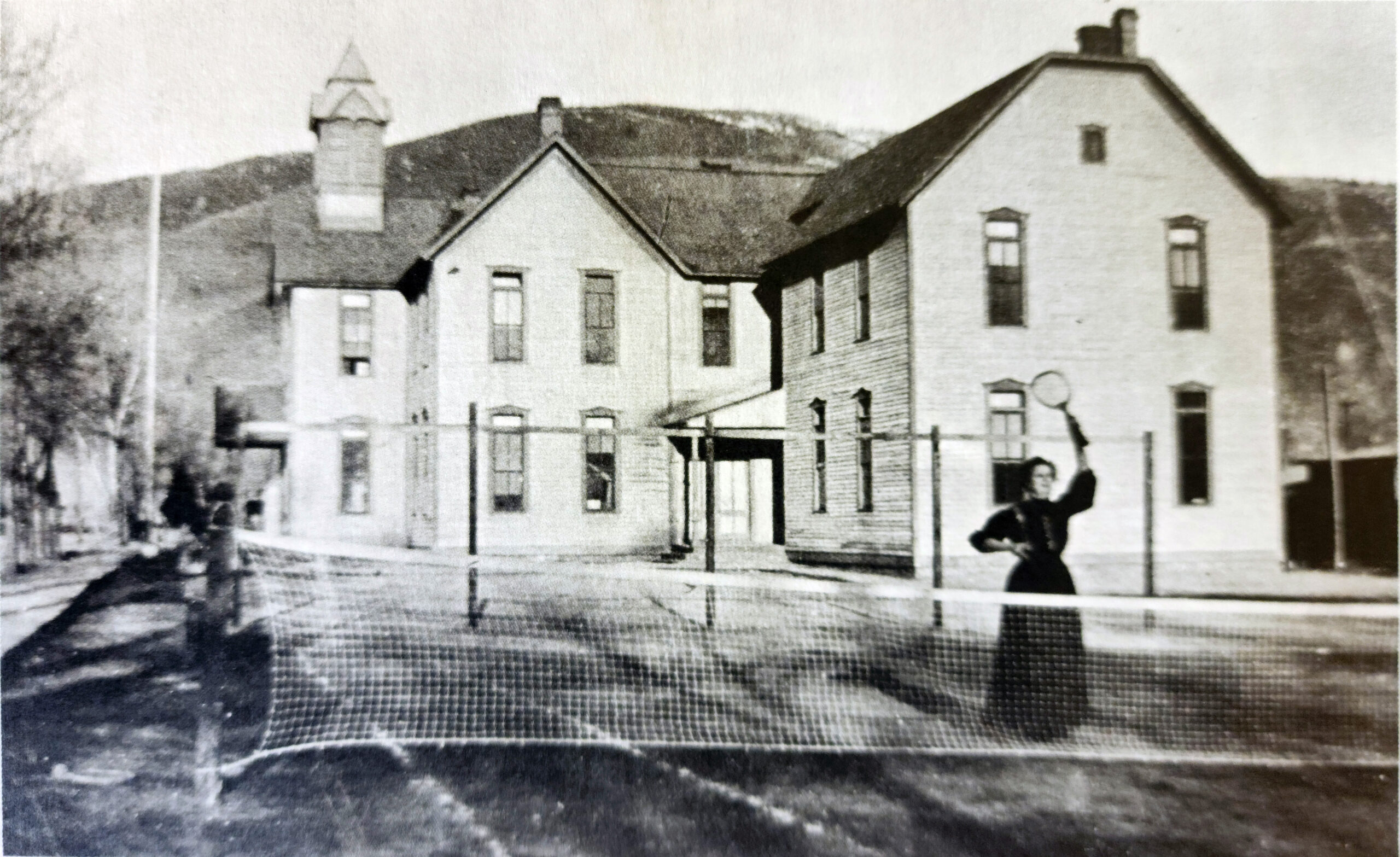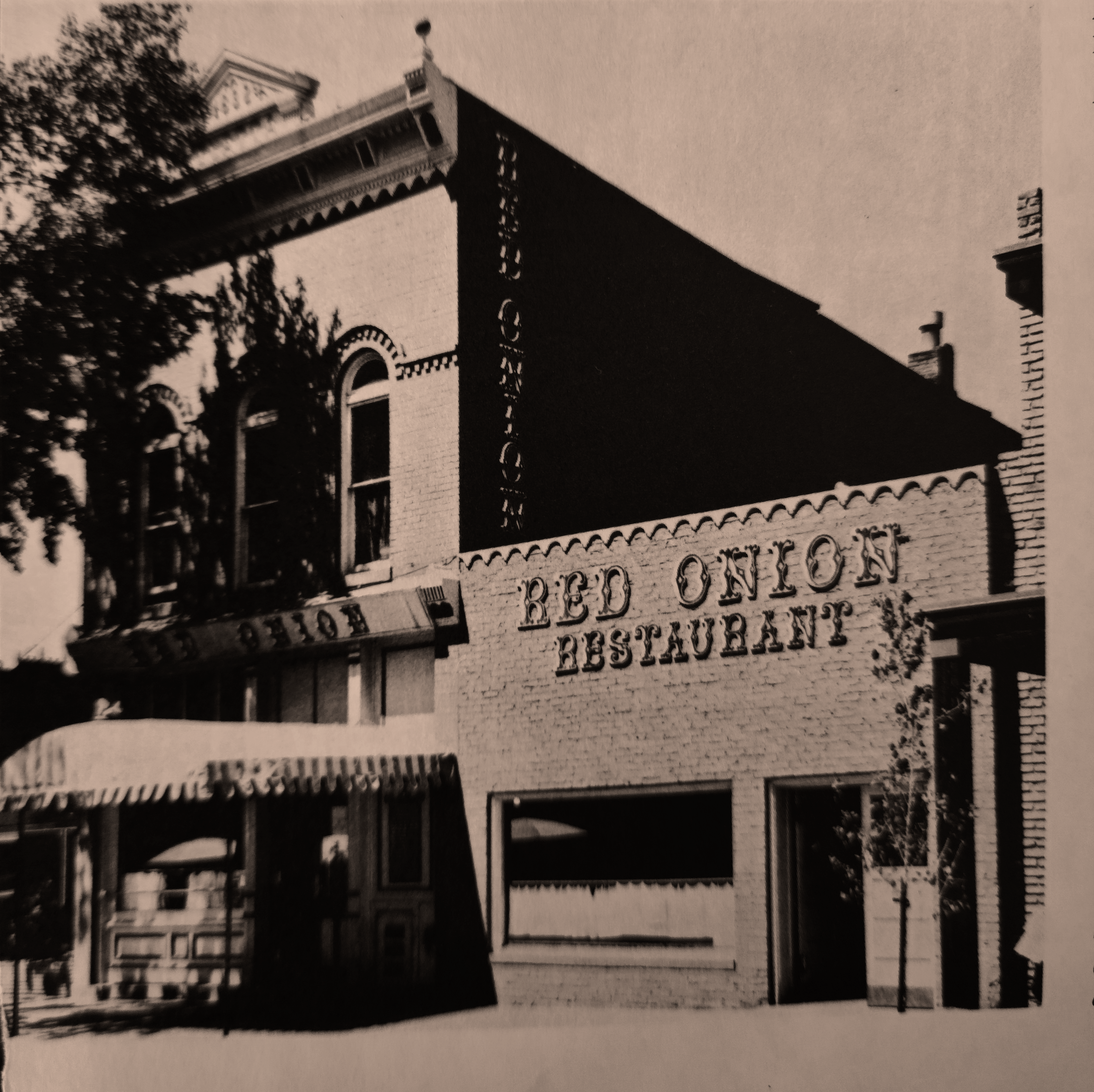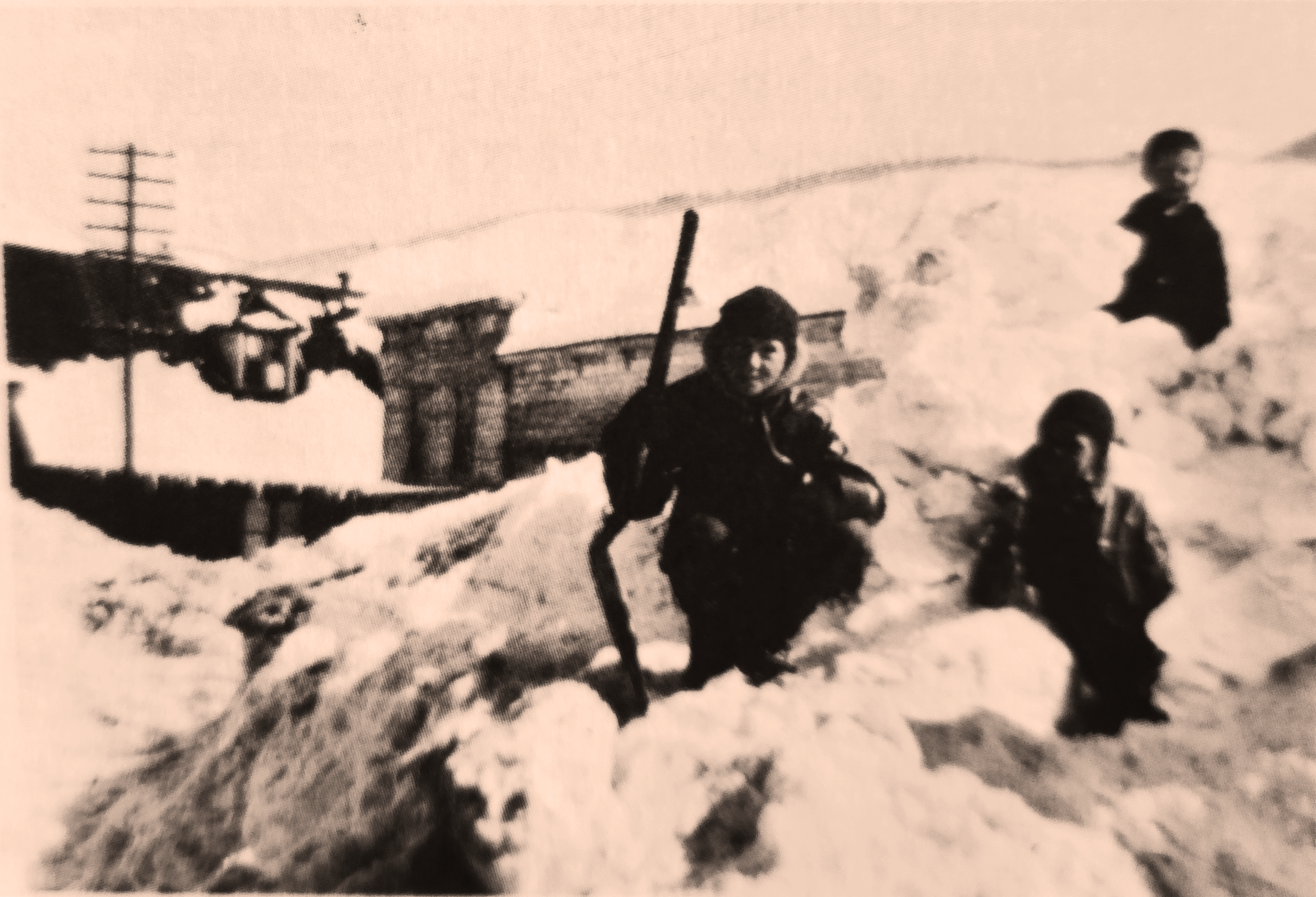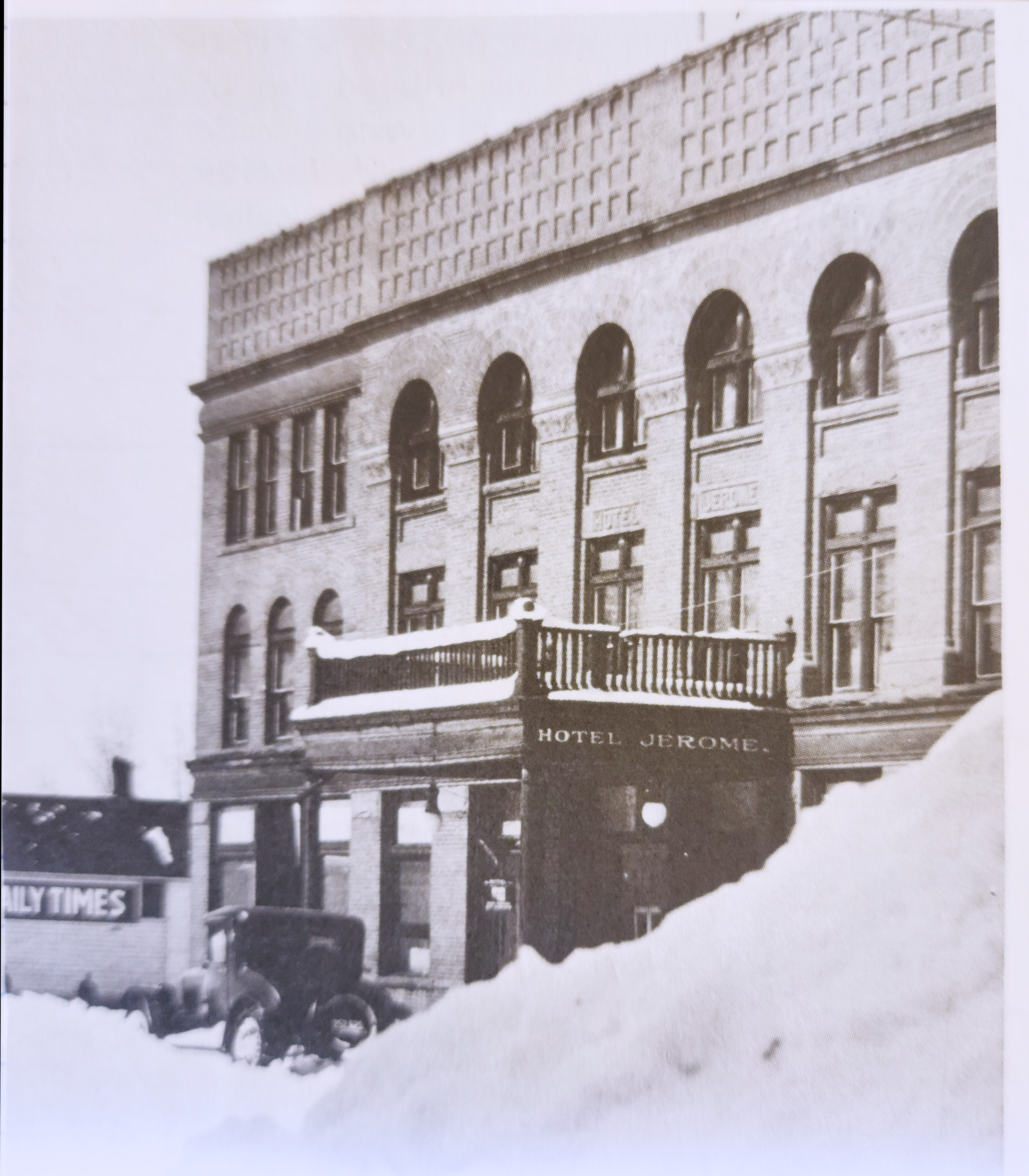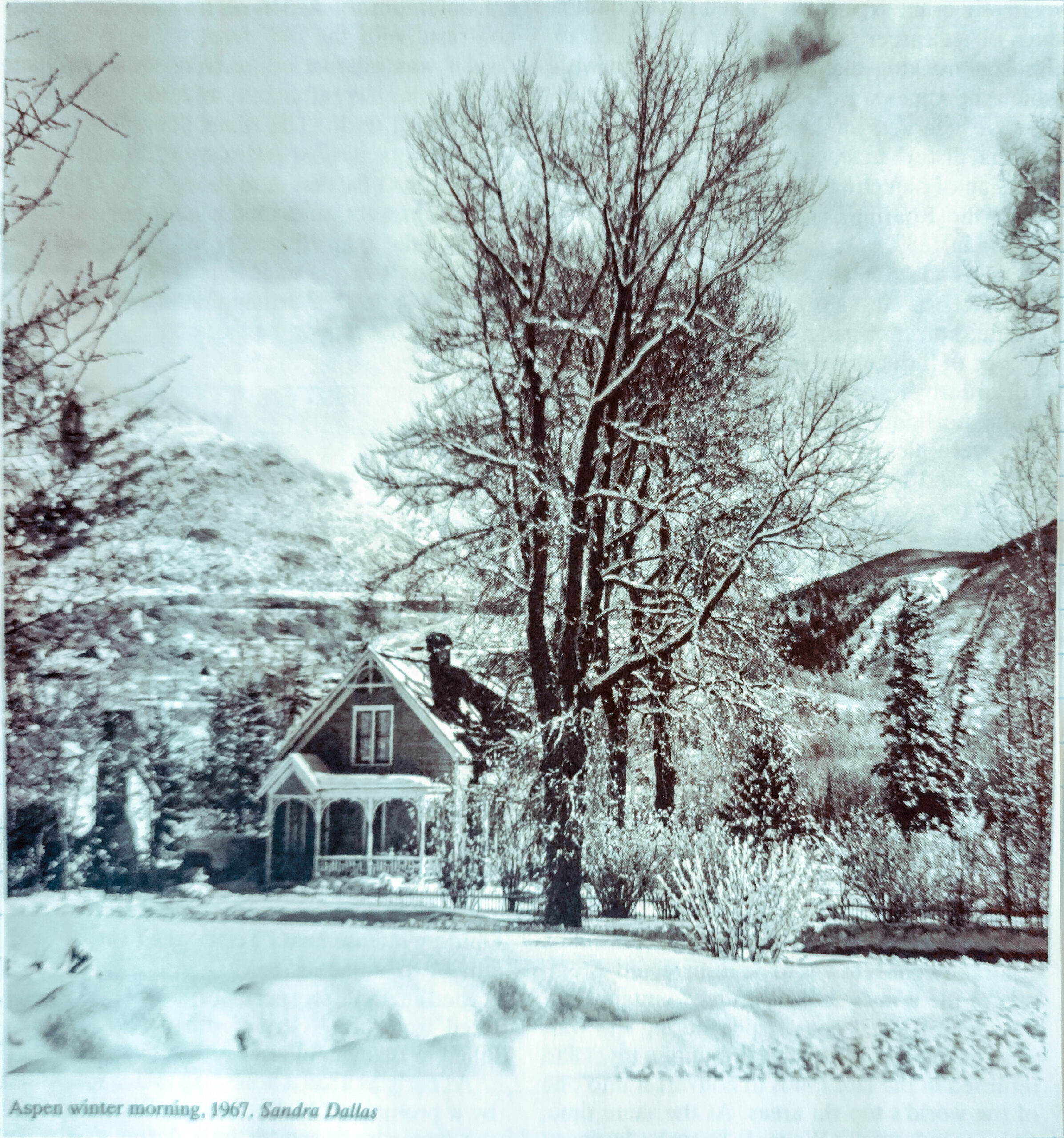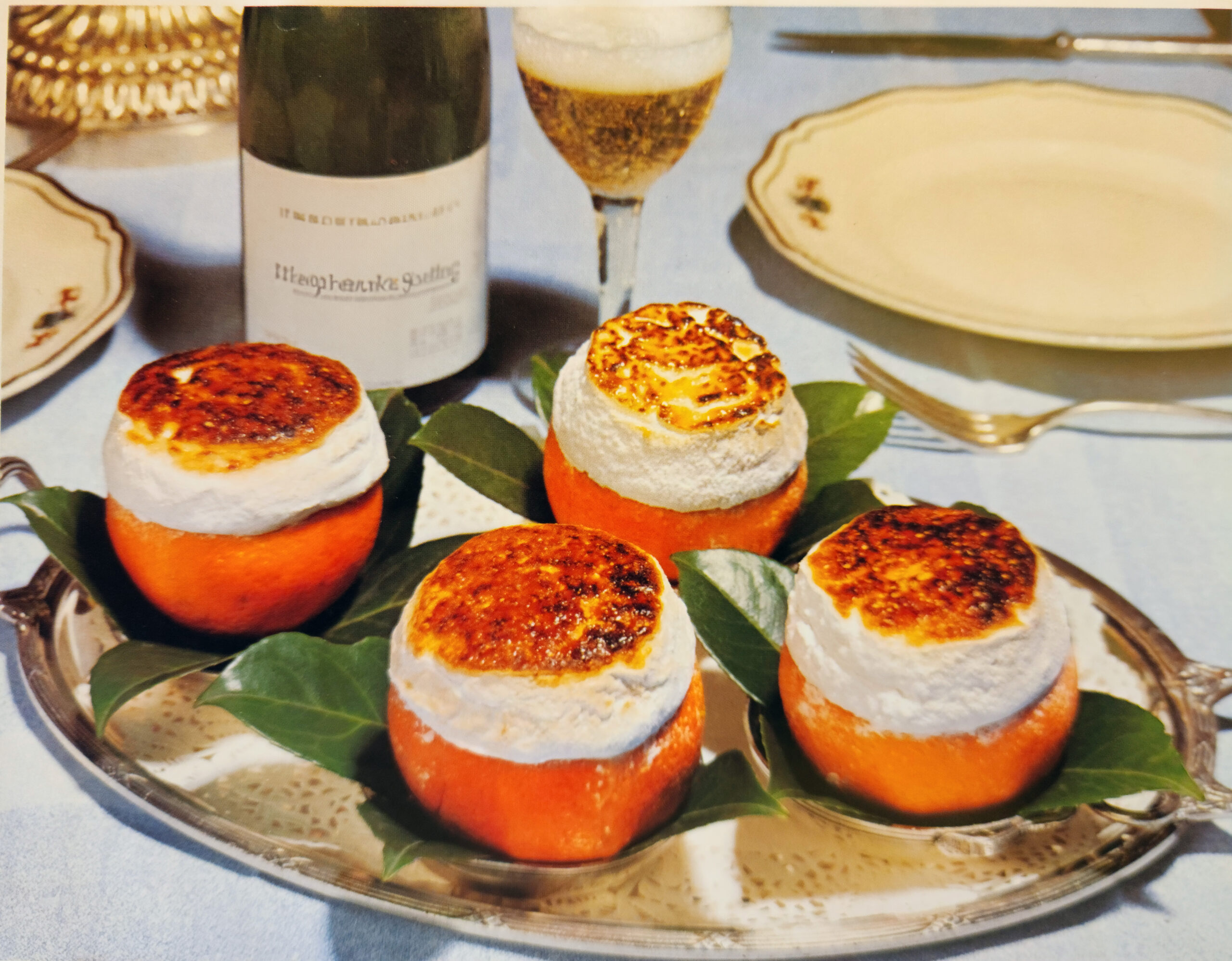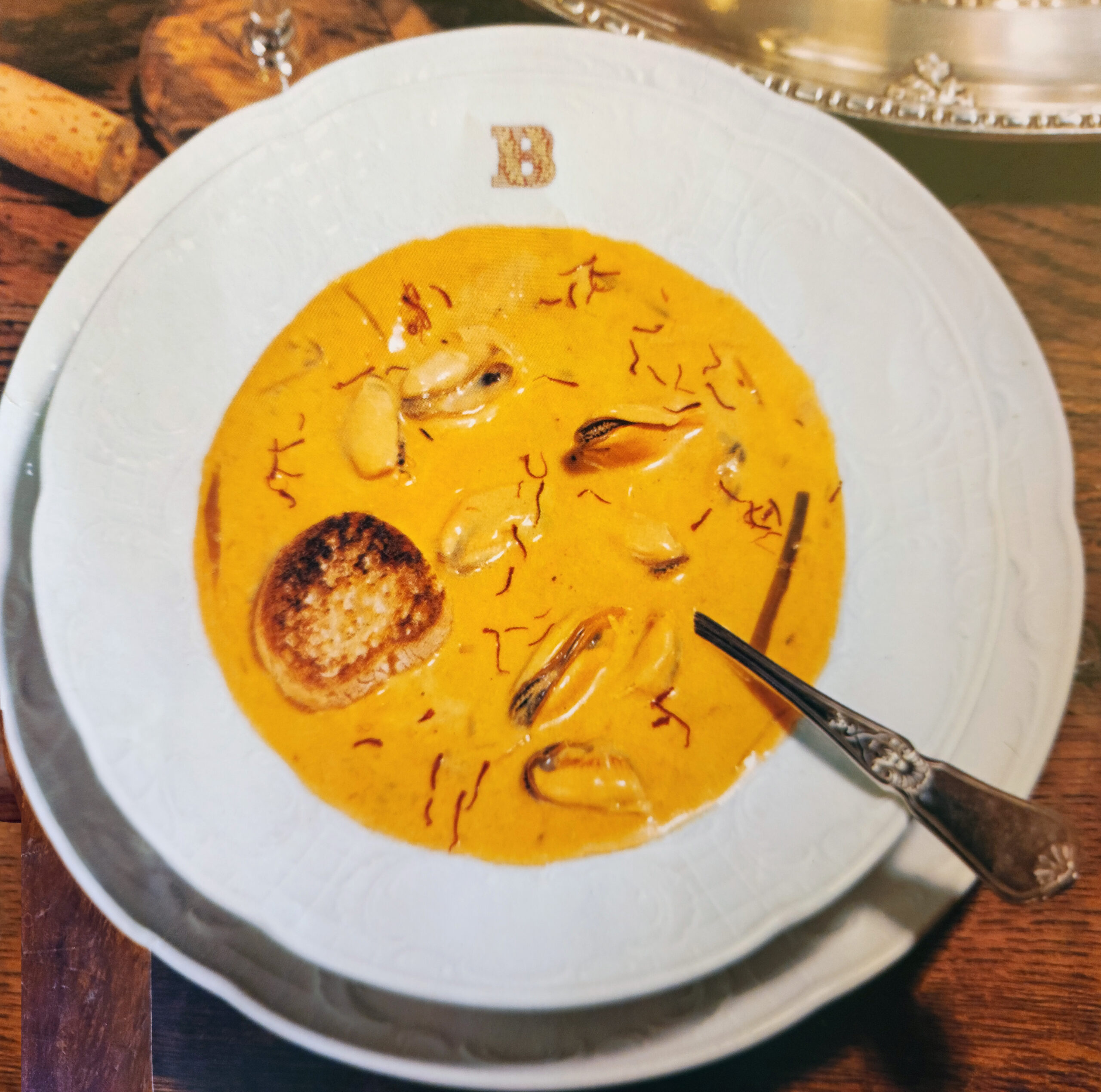From Cape Cod to Paris and Rome: My Journey of Love, Career, and Culinary Adventures
Well, I’d like to tell you a little bit about the time when I had to leave Cape Cod due to my immigration problems. After leaving the Cape, I turned to Montreal. I almost felt like, “Why am I here?” The winter started early that year, and many of my friends had left. Those in the kitchen at the Queen Elizabeth had either been transferred to different hotels around the world or had moved on to work in another hotel or restaurant. There’s one thing about the restaurant and hotel business: people are constantly on the move, being promoted within the company or getting better job offers. It’s a life of a gypsy—here today, gone tomorrow.
I spoke to the executive chef at the Queen Elizabeth to see what I should do. He was a very nice guy. He told me I should come back for a year, and he would get me a transfer to another Hilton International. The problem I had with this offer was that I was in love with Gretchen. I wondered many times what would have happened in my life if I had taken his generous offer. After all, if you think about it, I did not speak with him after I returned from my trip to South America and the United States because I felt that if you leave the corporation, they might not give you a second chance. He told me to think about it and get back to him. After many thoughts about the whole situation, I turned it down. I felt like a fool, but my thoughts kept traveling back to the US. I really enjoyed my time there and my love, Gretchen. Like Tina Turner’s song, What’s Love Got to Do with It?—maybe everything.
Looking back, this was probably one of the most profound decisions I ever made. Going to the United States changed my life, setting me on a different path. And yet, do I really know what I am talking about?
When I was leaving the Queen Elizabeth, one of my friends, another cook, stopped me and asked if I’d like to have a drink with him. He was meeting some other cooks at a bar where we used to hang out. After talking about what’s new in the world and what’s happening, and finding out where everybody was, he told me about two guys who had gone back to Europe. One was French and had returned to Paris because he missed his homeland. The other was Italian and had gone back to Rome. He suggested we go to his house and call them to see what’s up. They both invited me to visit, and maybe I could work as a helper in the kitchen to see what the hotels were doing. From chef saucier and executive chef to cook’s helper—what a career move! But at the same time, I really couldn’t take a real job since I still wanted to go back to the US. My gut feeling was that I needed to take my life seriously, so without hesitation, my answer was yes. Rome and Paris—two of the most exciting cities in the world.
The next day, I got a plane ticket, and a new adventure began. One and a half months in Rome, one month in Paris. From the middle of October to the end of January—just the right timeframe to return to Montreal to finish my paperwork for the United States. And then, if everything went well, back to Cape Cod and into the arms of my love. I felt my life was in place, and nothing could stop me.
What can one say about Paris? I’d like to talk just a little bit about it. This city is unbelievable—La Ville Lumière, the city of lights, love, romance, the great Michelin-starred restaurants, the bistros, brasseries, cafés, and bars where, for a long time, great writers, composers, painters, philosophers, and many other thinkers convened to talk about the meaning of life. Dr. Freud, the analyst and psychotherapist, told his wife that if he died, he hoped heaven would be like Paris. It has great parks, the Eiffel Tower, the Louvre—one of the biggest museums in the world. But there are many, many more places to visit, and all the neighborhoods to explore. The smell of bakeries in the early morning, sitting on the sidewalks sipping your coffee, and watching Parisian life go by. And to top it all off, being able to go with my friend to work and check out the wonderful dishes being prepared in the classical French cuisine practiced at that time. I had the chance to go with some of the chefs to the markets, the bakeries where they got their bread, the fish markets, and all these other places like Les Halles. Then, in the evening, I would meet other cooks and go out with them to clubs, staying out late, and somehow, everything was an adventure. I revisited Paris many, many more times during my lifetime, and there was always something new to discover. I have many notes about Paris, and I am putting them all together. I hope I can compile my journal, photos, and experiences into a book someday before I cross to the other side. I wonder if there is anything new to discover—only the gods know.
After Paris, I took a beautiful train ride from Paris to Rome. I bought a Eurail pass, first class, which was never crowded, particularly in the fall and winter seasons. You could take a nap as you traveled through the beautiful regions of Burgundy and the Rhône Valley. I stopped over in Lyon, took a tour of the town, and then continued on through Provence to Monaco, along the Gulf of Genoa, to La Spezia, and finally to my destination: Rome. I took a taxi to the Cavalieri Hotel in Rome to meet up with my friend. It was a lot of fun.
And what can I say about Rome? I don’t have enough time to tell you now, but, like in Paris, I took many notes. I took copies of recipes and things that I will talk about later on, since not only did I revisit Rome a few times, but I also traveled throughout Italy, all the way down to Naples. It is a country of incredible beauty, incredible history, and it’s something you need to visit. But so many people only go to Rome and Paris for a few days, and they think they can tell you how these places work. That is not true. You have to spend much more time there. And actually, when you work there for a little bit, I mean, I didn’t kill myself. I mostly checked the kitchens, put my nose into soups and sauces and pastas, but I never really had an absolute job where I had to perform under pressure.
After all this was done, I went home to see my parents for a little bit, and then I returned to Montreal. I went back to work with my lawyer to finish my paperwork to return to the United States. Gretchen came up to Montreal for spring break, and it was heaven. I showed her all the sights, and I was sure I had made the right move to go back to the United States and be with her. But it was only February when I returned to Montreal, and the lawyer told me it might take until June to finish my paperwork. So, I needed a job, and I also needed a place to live. I found some work in a restaurant called Old Munich, which was owned by a big German company from Munich. It was originally located at the fairground of the World Expo in Montreal. It was taken down after the fair was over and reassembled in a gigantic warehouse in Old Montreal. It was built to look like a big beer tent, like those found in the fields during Munich’s Oktoberfest. When you entered the building, you felt like you were in good old Bavaria. The big band, about 30 musicians, came from Germany on a two-month stint. The place was packed. I think it seated close to 800 to 1,000 people, all singing, drinking songs, and having a great time. Typical German food was served, like pretzels, Sauerbraten, mixed plates called Schlachterplatte with Kassler, bacon pieces, assorted sausages, sauerkraut, dumplings, schnitzels, and more. We served at least 500 to 700 meals a night. It wasn’t exactly a place to advance your knowledge about food, but you can learn something everywhere you live or work. Don’t be a snob. This place later inspired me to do the Oktoberfest on Cape Cod, which turned out to be an ultimate success story.
By June, I got my visa, and I felt really guilty giving notice, but I think I actually told them that I was looking to move to the US. So, I packed up the few things I had and moved to the good old USA, where I stayed for the rest of my life.
The Paddock Restaurant: A Summer in Hyannis, Fine Dining, and Lessons from the Kitchen
All right, I returned to Hyannis on June 1st and worked at The Paddock Restaurant until the end of September in 1971. This restaurant was already recommended by the Mobil Guide in its second or third year. It had a AAA rating, Wine Spectator’s Best Award of Excellence, and was voted Best Fine Dining, Best Mid-Cape Restaurant by Cape Cod Life, and Best Restaurant by Boston Magazine. The restaurant was run by John and Maxine. It provided affordable excellence in fine dining, and as I mentioned, I was there in the third year.
The Paddock Restaurant at the West End Rotary in downtown Hyannis was located right next to the Melody Tent. Aside from great service and hospitality, The Paddock offered a delicious menu and an extensive wine list. Owners John and Maxine operated the restaurant, having met as college students working at The Flying Bridge in Falmouth. Later on, their two sons also helped out.
Appetizers included treats such as baked clams casino, fresh littlenecks, steamed mussels, and fresh Chatham oysters on the half shell. In the entrée department, you could find choices of fine meat and poultry dishes such as grilled filet mignon, grilled New York sirloin, or Tuscan lemon chicken. You might also opt for grilled or poached fresh Norwegian salmon, or perhaps something closer to home, such as Chatham scrod or native 2 lb. baked stuffed or broiled lobster.
The Paddock used to offer specials each week. John and Maxine let me do whatever I wanted to do as long as the regular entrées were done to perfection. All our entrées included a fresh vegetable plate and your choice of garden salad, or a soup du jour. The Paddock was open from April to mid-November for lunch and dinner. We had early evening discounts and many entertainers came in after they were finished at the Melody Tent.
I only worked there until the end of September. Even though the restaurant had only been in business for a short time, John, who is still my friend today, told me, “Gert, you’ve got to leave.” I asked why, as we weren’t finished. He told me, ” Gert, I can’t afford you anymore because you know, this is our first season.” I totally understood that it is not easy to operate a restaurant, especially when people think that in the restaurant business, you become a multimillionaire. They have absolutely no idea what they’re talking about.
So many people want to own a restaurant because they love to eat well. But if you do that, it’s like a sailboat—it’s an absolute money pit because if you don’t know what you’re doing, just forget it. Gretchen came down for the summer to work again at the Sheraton Hyannis in reservations. I started the day after I arrived at The Paddock Restaurant, which was right across the street from where I worked the previous year.
We decided to move in together and found a nice room with a private bathroom and shower. Both of us worked in the evening. I had to be at work around noon and Gretchen around 3 PM. Both of us worked six days a week, but the hours were the same, so we had the night and morning off together. Our days off were also the same, so we spent all our free time together. I had never lived with a girl before, but it seemed we both enjoyed each other’s company. On our days off, we checked out many towns and beaches. We didn’t have a car, but the public transit system was good. Plus, our little place was just a few minutes from where we worked.
At the end of the season, I got my first driver’s license and bought an old Ford station wagon from Gretchen’s parents. The Paddock Restaurant was a very busy place. We had three cooks on the hotline: the broiler cook, myself on sauté (plus slicing the roast beef, which was a lot of work), and a helper in the middle to garnish plates and tell the waiters their orders were ready. For about four hours, there were no breaks—not even to go to the bathroom. The pantry was managed by an experienced girl who was very good and got some help from a high school kid. Our dishwashers were Irish kids who spent the summer on the Cape. Everybody got along very well.
The broiler cook—I’ve forgotten her name—was a character. Once, when I asked her for help, she told me, “Honey, I’m the broiler cook. I broil and that’s it.” John and I still chuckle about her when we reminisce about the old days. Even though she could be a pain, we got along just fine.
After I finish writing about Cape Cod, Newport, RI, and even Lakeway, I will write about the menus that were served in the 1970s in good restaurants throughout the United States. These were often called continental menus, based heavily on French and Italian cuisine with a few local specialties, especially in the evening menus. Even menus in hotels and coffee shops, which relied on many salad dishes, sandwiches, and lighter fare like pasta, grilled fish, a bistro steak, hamburgers, and grilled chicken breast, reflected this trend. It’s not like Europe, where people take much more time for lunch, and in many countries, the main meal is lunch. But during my time in Europe, the food I cooked was much more elaborate. In my career in hotels in the 70s, we had three times as many staff to help in the kitchen, but I always tried to get the freshest and best ingredients money could buy. I always told the purchasing agent to find new and exciting provisions. Maxine and John were always ready to try new things for me to create unusual specials, as long as our regular menu was executed to perfection.
I learned a lot from John. If a customer wants something a little different done with a dish and you have the ingredients, just do it. If a customer wants the chicken on the side of the salad or no bun for the burger, these are easy things to accommodate. If they want a 3 lb. lobster, I’ll get it for them. Like all great maître d’s, John made you feel like you were the only guest in the restaurant. Even when I worked at the Sheraton Hotel, my boss, Eddie, had the same attitude.
The Paddock Restaurant was next to the Melody Tent, which hosted many artists—singers like Tony Bennett, comedians, and plays. Many of the artists had dinner before the show or after they finished their set. Even though The Paddock was only in its second or third season, it already had a great reputation. I only worked there in June, July, August, and part of September, but I learned a lot about the food that New England customers like or dislike. The season was much too short. At the end of August and September, I talked to placement agents to find me a job. It took a while to decide where I wanted to work.
Gretchen and her roommate offered to let me stay with them in Boston. They rented a small apartment in Cambridge, which was more centrally located than Cape Cod and made job searching easier. I had many interviews, including one in New Orleans at Brennan’s Restaurant for a sous chef position. Even though I wasn’t interested, it was something to do, and they offered me a free flight and hotel room. My reasoning was that I could experience a new city without paying for it.
My ex-boss from the Sheraton in Hyannis called me from Cleveland, OH, and told me he had an offer for me to be his assistant, operating a small chain of Holiday Inns. He booked me a flight, and off I went. Arriving in Cleveland, which was still going strong with heavy industry, I couldn’t even see downtown from the highway—the pollution was so bad. When we arrived at the hotel and entered the lobby, which was supposed to look like a Roman forum, it was filled with white plastic statues of Roman gods. I almost had a meltdown—from Rome’s Cavalieri Hilton to fake gods in a lobby. Thanks, but no thanks. But Eddie and my visit to see him was still very enjoyable.
Another offer came from Cincinnati, a town founded by German immigrants. I found the city very charming, and on my flight back to Boston, I told myself I needed to get serious. Maybe instead of flying around the country, I should find a job in Boston. I went to Anthony’s Pier 4, which at that time was the biggest grossing restaurant in the United States. I met the owner, an Albanian immigrant who had fulfilled his American dream. He was very nice to me. He gave me a tour of the place, and you have to give the man credit—it was without a doubt a well-run restaurant, and any celebrity who came to Boston ate there at least once, with their pictures displayed on the wall everywhere. In Europe, that would be considered poor taste, but we are in the United States of America.
After the tour, we sat down for lunch, and he offered me a job as a sous chef. I asked if I could meet the chef, and he informed me that he was the chef, the manager, the maître d’, the banquet and catering manager, and the owner—basically the absolute ruler of his kingdom. Next to his office was an apartment where he slept most nights. Supposedly, he had mistresses who kept him company. In all my time working in Switzerland, Germany, and the US, this man had the biggest ego I had ever encountered. After lunch, he asked if I would join him. My answer was, “Let me think about it.” That was one sentence he did not want to hear, and his demeanor changed in a second. “Young man,” he said, “this is a once-in-a-lifetime chance for you to work with me. I want your loyalty and total dedication. You are German, aren’t you? I need a yes or no.” My answer was no. He got up from the table without saying anything. I left the restaurant and never returned. And I felt I had made the right decision not to take the job, even though it would have paid very well.
My next interview was at a new hotel called The Colonnade. I had a meeting with the food and beverage manager and the executive chef. They gave me an idea of what the hotel and restaurant’s mission would be. They basically told me it would be the best in the city. When I asked them where they had worked before, I was told that it was none of my concern—that I would work for them, but they would not work for me, and they would be making the decisions. I was very polite, even though my thoughts were very much the opposite of what I was saying. They knew very well my qualifications since I had sent them to the general manager. I tried to tell them that my knowledge could be very helpful in making the restaurant great. After all, I had worked in some of Europe’s finest hotels, and at the Queen Elizabeth in Montreal. I was told the only position they had was a line cook. I asked the chef, “Why don’t you tell me where you worked before you took this position? Are you afraid of my knowledge?” The last years of his career, his mouth hung open. He got red in the face, and he almost lost it. I got up from the table in my most diplomatic way, wished him a good day and lots of luck making it the best hotel in town. After I left the lobby and was in the parking lot, I muttered a few obscenities. What a waste of time that was.
After I talked to the apartment, I found a message from a friend I had worked with before in Germany. I think he got my address from a headhunter I once used. He managed the Hilton Hotel in Northampton, MA. He begged me to come visit him—his chef had walked out, and his sous chef was not ready to take over. “Why don’t you help me out for a little bit until I can find a full-time chef, or you might actually like it here?” I spoke to Gretchen to see what she thought about it. It was Friday, and she had Saturday and Sunday off, so we thought we could have a nice weekend together, stay at a nice hotel, eat good food, and see some new sights.
I called him back and asked if he would mind if Gretchen came along. I told him we would leave in a few hours and should be there by late afternoon. Off we went. The hotel was very nice and well-kept. It was located outside Northampton, where the Hilton franchise and the developers of the hotel owned three other Hilton franchises—one in Wakefield and one in Boston. When we arrived, my friend greeted us. He got us our room, we changed, and met him in the bar for cocktails. Afterwards, we had dinner at the restaurant. The food was very good, and the clientele was upper-middle-class. I was very pleased. We talked about what he needed, and I was very honest with him. This area of Massachusetts was not exactly where I wanted to live, and I was looking for a more prestigious job. After a lovely evening, we came to an agreement to meet in the morning. The hotel had a pool, so Gretchen and I spent the morning lounging on pool chairs. I was introduced to the rest of the hotel management. There was no food and beverage manager, so I would directly report to my friend. I told him I would give him an answer in the early afternoon. He suggested I should visit Northampton and Holyoke to see if I liked the two cities, which Gretchen and I did.
We talked about it, and she said I should take the job. After all, it was only two hours from her apartment, and she could come up on Friday and leave on Sunday evening. She said, “Tell him Monday needs to be your day off. Leaving on Sunday after lunch or brunch is actually a good time since the hotel is usually not busy, and most meetings start Tuesday or Wednesday.” So, I took the job. I made some money instead of using my savings, but I was only there for a very short time.
From Newport to Texas: My Journey as an Executive Chef in the Heart of New England
Alright, I would now like to talk about something that really sent me in a different direction, which was a hotel in Newport, RI, called the Sheraton Goat Island. I got a call from a German general manager named Klaus Ottmann. He needed an executive chef. At first, I was hesitant. Could I handle the job? But he assured me that he would help me. His background was very similar to mine. He had started as a cook in Germany and worked his way up. He told me, “Gert, I will be by your side from the beginning.” And I can tell you one thing, this is the man who actually shaped me into a good executive chef and taught me how to work, organize myself, and how to treat people.
So I went down to Newport, Rhode Island, for a day, and it was on my day off. I asked Gretchen if she could maybe take a break from school, and she was ready to say, “Yes, I’ll take a break.” So we went down there together. The two years I spent in Newport were wonderful. Gretchen and I visited many more places in New England during this time, and I learned how to be in charge of a real collection of people.
Tom, who worked as a broiler man, originally came from Wisconsin and had played football in college until he got hurt. During high school, he had worked in kitchens, so thank God he had something to fall back on. He was a great worker and a great grill cook. The broiler was an important position at the time because when the steaks were ready, the rest of the food on the ticket had to be ready too. He was the lead guy, and seldom was a steak not cooked to perfection.
Mario, who was my rounds cook, was a Filipino who had joined the Navy like so many of his countrymen. He had served on a nuclear submarine. He told me many stories about his time at sea and how many sailors couldn’t handle the months of being on the water, the closeness, and the feeling of being like a sardine packed in a tin can. Not seeing the sun, no news from the outside world, and the total unknown of what could happen without a moment’s notice. All the torpedoes were tipped with nuclear warheads. This was the Cold War, and the subs were on total alert 24 hours a day. Through him, I met many Filipinos who had started off like him in the military, then got out, brought their families to the United States, and made their dreams a reality. He was hardworking, extremely smart, and driven to become a great chef. He had a great family, and all of his children became doctors or nurses, and a cousin of his became a congressman. We became very close friends, and I am the godfather of his only son. By some coincidence, we lost touch, and I have no idea where he might be now.
The prep crew was a funny bunch, and Mario helped out with them for overtime pay. Danny, also an old Navy man, loved to take a sip from the liquor cabinet. Many mornings, he would say, “Chef, I need a little nip,” his hand shaking. I tried to tell him, “Dan, go to rehab.” “Yes, Chef,” was the answer. “Tomorrow I will go, just a little today, that’s all I need.” Many times, I said to myself, “Gert, what you are doing is wrong, you are enabling him.” Mario always said the same thing, “Chef, don’t worry about him. You know you have a banquet to serve. His liver was gone before you arrived, and it will either survive after you are gone, or he will live for a few more years and then he will die.” Maybe Mario’s harshness came from his childhood—I know they were very poor—or perhaps from the submarine days. He always told me, “Gert, you are too nice. It’s not your obligation to care for your cooks’ lives.”
Our other co-worker was Antoinette, a French woman who had come to America through marriage. What a woman! She could out-prep anyone, always in a great mood, never complaining, and always ready for a little mischief. A great cook, a jewel of a human being, and all she ever asked for was a glass of red wine. I was more than happy to get it for her. I am sure that the purchasing agents set aside a few bottles for her. I told her once, “You can have a bottle if you like.” Her answer? “Absolutely not. The morning prep crew can’t afford another dent!” The team was the best. They worked their asses off, but we also had a lot of fun. I was always thankful to them; their work was crucial to my success. There were others working in the kitchen part-time, high school students, but Tom, Mario, Danny, and Antoinette—they were the real deal.
I will also never, never forget Don, Dan Cutler, the best short-order cook who ever worked for me. He could serve 100 breakfasts all by himself. I had it all—a great crew, a beautiful girlfriend who was loved by everybody.
The hotel was located on Goat Island, a former naval shooting range during the Second World War. The hotel had a separate coffee shop, and we opened for breakfast and lunch, serving regular coffee shop food. This was Dan Cutler’s domain. I never had to worry about him. Another restaurant was the Raw Bar. It seated about 100 people and served oysters, clams, littlenecks, shrimp, and crab claws, and we usually opened only on weekends. It had the normal New England fare, but with my arrival, we added some more specials like veal scaloppini, veal chop, and lamb specials. I worked very hard with some of the local fishermen to get some unusual seafood if they could find it. I became one of the first New Englanders to sell fresh tuna and swordfish. Cod was still the most popular fish in New England restaurants, and we served it constantly. But we could not get enough lobsters. We served them boiled, baked, and stuffed. Sometimes, I created a special like Lobster Américaine or Thermidor, but even they could not replace the lobster casserole topped with lobster sauce. Remember, it was still the 1970s, and we were in New England. It had always been a conservative bastion for food, and it was no different. New England was the last holdout for traditional Americanized continental cooking. The new food revolution that had started in California swept the nation due to many chefs, but especially Julia Child’s TV show, propelling chefs into the 80s and 90s to incorporate local ingredients and reinvent old recipes. We had always done this in Europe, where people would never settle for canned green beans, peas, or carrots.
Another of our great successes was the Sunday brunch. We could serve in the neighborhood of 400 people with a wonderful display of chilled seafood, smoked fish, an array of fresh fruit, an omelette station where they were made to your liking, a roast beef and ham station, eggs Benedict, eggs Florentine, corned beef hash, salted codfish patties, roasted potatoes, bacon, sausage, and chicken crêpes, all beautifully presented in silver chafing dishes. There were also muffins, Danish pastries, and petits fours. It was a great feast and a feast for the eyes. Gretchen loved it, and Klaus always invited her for Sunday brunch, Friday dinners, Saturdays, and any other time she wanted to come. You can imagine, for a poor college student, this was a treat. I wondered, is that why she stayed around?
We were also busy with lots of banquets, weddings, and other parties. The bar was on top of the building and had a beautiful view of Newport and the bay. My apartment was basically a hotel room, but it was a corner unit overlooking the Newport Bridge and the bay. It was more than big enough for me. You could get there from outside without going through the lobby, so I had privacy. Maid service and laundry were handled by a lovely maid who adored me. It was a dream time in my job and a dream time in my life.
Mr. Ottmann was a strict manager, but also very fair. Little did I know when he said he would help me, he would guide me along the path to becoming a competitive executive chef. He introduced me to the Chaîne des Rôtisseurs, a prestigious French society. We hosted their dinners many times with classical French menus consisting of seven courses. It was a lot of fun. During this time, I entered the culinary show in Boston twice and won gold medals both times—one for a cold turkey dish and one for a gigantic 5 lb. lobster. Mr. Ottmann made sure I got my dues and always made sure that the local papers covered it. He was a wonderful mentor, and I will always be grateful to him.
During my time in Newport, RI, I saw a town slowly being rebuilt. During the Roaring 20s, Newport filled up with the ultra-rich. They mingled with some of the old established money who had the “cottages”—which were more like castles and chateaux. They played tennis and sailed the coast. With the crash of 1929, it almost all stopped; most left, but the Navy stayed. When the Second World War broke out, Newport became a Navy town. In the early 1970s, houses were restored, and some other buildings on Main Street got a facelift. Then the America’s Cup got things going again. The Tennis Hall of Fame was reborn, the cottages were put into a trust and restored to their former glory, and the Newport Jazz Festival became a gigantic hit. With all this going on, bars and restaurants opened, and if you go there today, it is overrun by tourists. In my days, it was calmer, and on days off, I would visit the coast, inlets, and bays, marvel at the beauty of nature, and look out at the endless Atlantic, dreaming about the present and the future.
Newport, in the early colonial days, was a center for religious tolerance, thanks to the liberal ideas of Roger Williams, the founder of Rhode Island. Quakers and Jews joined the Baptists who had followed Williams and made it their home. Their differences and hard work were instrumental in Newport’s success. In the 1960s, the town looked trapped in time, but restoration projects started, and many homes and other buildings were restored. The White Horse Tavern was among them, but it almost didn’t happen because of the two churches on either side. They tried to block it from getting a liquor license, but thanks to the state passing a special law that exempted taverns built before the 1700s, it was saved. The tavern is a beautiful place, and Klaus and I once thought we should take over the lease, and I think John and Maxine did at one time too. The town square is typically New England with the green and the beautiful Episcopal church dominating the square.
There are beautiful parks in Newport, most celebrated being an open-sided stone structure. Among the various explanations is that it had Viking origins, that it was the Solstice legacy erected by giants, that pirates stored their bounties there, or that maybe it was just the wind. So the sagas abound, and as time goes on, no doubt people will come up with others.
I visited the Newport Casino, which was built at the height of the American Renaissance period. Lawn tennis was its pinnacle, and Newport hosted the National Tennis Championship from 1881 to 1914, which later became the US Open. No one visits Newport without walking the mansion walk of great homes, which were modeled after French châteaux, English country houses, and Italian palazzos. The “cottages” were summer homes for the fabulously rich, primarily from New York, and are located on Bellevue Avenue and Ocean Drive. The Elms, a French Renaissance château, the Château-sur-Mer, are beautiful, but the most famous of them all is The Breakers, built for Cornelius Vanderbilt, who was at the time the richest man in the country, known for his enormous ego and vanity. He used it only 10 weeks out of the year. It took 2,500 workers two years to complete, with materials constructed in Europe and shipped to Newport. You might recognize the Rosecliff, where The Great Gatsby was filmed, or you can go see the beach mansion, the Marble House, the summer home of the Astors. It goes on and on—Belcourt Castle is modeled after Louis XIV’s hunting lodge and has more than 60 rooms filled with European treasures, among them 13th-century stained glass windows and a 13,000-piece crystal chandelier from Imperial Russia. There are many others, and now Newport’s famous legacies and attractions are well known. The city is also known for the America’s Cup Museum and the summer home of the New York Yacht Club, where hundreds of regattas are held each summer.
In 1803, Newport had gas lights installed. They claim a Newport man ate the first tomato, but this cannot be true since tomatoes were being eaten in Europe in the 17th century, although they were long thought to be poisonous. There was also a synagogue in Newport, which was America’s first in 1763, and in 1657, they had the first free public schools in 1640. So, Newport has a lot to offer. Gretchen and I loved Newport, and we spent a good part of our time together in the city. She usually came down on Fridays, Monday was my day off, so we left after brunch on Sunday and went to Boston. While I worked late on Saturdays, she studied or sunbathed outside my apartment. East Coast people loved the sun and didn’t seem to be afraid of skin cancer or wrinkles in old age. Many Portuguese settled in New England, particularly in the New Bedford and Fall River areas of Massachusetts. These vibrant areas still had many immigrants who never learned to speak English. Some of the local restaurants reminded me of Porto with their awesome kale soup and salted cod. We frequently stopped there on our way to Boston for good and plentiful portions. Gretchen, being in college, and me, in my first job as an executive chef, didn’t have much time for long vacations, so we made the most of our days.
There will be many, many more stories I will write about the New England area, and I think I might want to put together a book entirely about New England. Well, all this beauty has to end, as they say, all good things must come to an end. Klaus Ottmann was the best gentleman I ever worked for, and one morning, I got a call from his secretary to come to the office. This was not unusual. I put on a clean chef’s jacket and told Antoinette that I had to see Mr. Ottmann. I was in a good mood. Then, after telling me to sit down, he said he was going to leave his post and go to Texas. I was stunned, speechless, and could not believe it. “Texas? What are you going there for? It’s nothing but desert, mesquite trees, and tumbleweeds,” I exclaimed. I tried to explain to him and pleaded with him not to go. He must have thought, “What’s wrong with this kid?” Maybe it was my insecurity, maybe it was the feeling of being deserted by a man I admired more than anybody. I felt my world was collapsing. I said something like, “If this is what you want to do, I have to take the rest of the day off to think.” It was Monday, and the hotel was almost empty. I went to my room and felt sorry for myself, but as you will see, everything turned out fine, and soon after, I joined him in Lakeway, outside Austin, TX.
From Newport to the Lone Star State: A Journey of Discovery and Opportunity in Texas
Alright, I would like to tell you a little bit about how I moved and why I decided to move to the beautiful state of Texas, although I was apprehensive.
The department heads of the hotel in Newport, RI, were informed that Klaus Ottman would be leaving the Newport establishment.
I went to my apartment, grabbed my old Ford station wagon, which I had bought from Gretchen’s parents a few years earlier, and headed to the beach.
As a million thoughts raced through my head, I could only think, “What am I to do? Should I stay? Maybe I should go to Boston.” The ocean and the beach helped me to calm down, and I came to the conclusion…
I was being selfish and perhaps a little foolish.
He would never take a lesser position than the one he had now.
He said to meet him in the lounge at the top of the hotel. It was late afternoon, and the sun was setting on the horizon. It was a perfectly beautiful day, and I thought to myself, “The sun will rise in the morning as it has for millions of years.”
And I’m young and full of potential. Mr. Ottman told me about his opportunity in Texas.
It was being developed by a land development company and would feature two golf courses designed by Jack Nicklaus. It was still under construction.
It would also have tennis courts, planned and developed by the World of Tennis organization, started by Lamar Hunt and his brother Bunker Hunt, who later attempted to corner the silver market. These were the good old Texas days.
Their father had been an oilman and a wildcatter who made a fortune. Along with their sister, they inherited fabulous wealth and became developers, hiring experienced professionals to see the property developed as a retirement city.
The Texas Hill Country is beautiful in a dry sort of way. The World of Tennis was far more than just a tennis center. It had many courts, a stadium, a clubhouse with a bar, a restaurant, and a spa. The head tennis pro was Cliff Drysdale from Rhodesia, who was ranked among the top 10 players in the world, as was his wife, who also worked there.
The hotel would have about 150 rooms, built with a convention center in mind, but also available for visitors looking to buy lots, condominiums, or already-built houses. There was a small restaurant overlooking the marina and a German restaurant on the hillside. Mr. Ottman would manage the hospitality side of the venture. It was a big deal. The land company was headed by one of Romney’s sons; their father was once the CEO of Chrysler, Ford, or GM—I can’t remember which—and was Governor of Michigan and ran for President of the United States. Later, his brother Mitt became Governor of Massachusetts and a Senator from Utah, and he lost his bid for the presidency of the U.S. on the Republican ticket against Barack Obama.
Later, I met them all and formed a great opinion of them as honest and straight shooters. I realized right away that these were heavy hitters; who in their right mind would have turned down this job?
Then came the big surprise: Mr. Ottman wanted me to come down and visit, check out the area, and if everything worked out and I liked it, to come and join him.
Gretchen could apply to the University of Texas in Austin. She could become the scientist she had always wanted to be.
Later in the week, the town Chamber of Commerce gave a big farewell party for Mr. Ottman, and off he went to Texas. The new general manager started soon after; he was an American and a pleasant fellow. But of course, in my mind, no one could replace Klaus or do his job half as well.
Two weeks later, I got a letter from Texas asking me to come down and check it out. I took a week off and traveled to Texas. During my trip to the United States, along the border with Mexico, I had promised myself never to return.
Yet here I was again, flying to Austin, telling myself the whole way, “Can a beach be dazzling with stones?”
I was picked up at the airport by the food and beverage manager, Alberto Cobian. His claim to fame was that he was a cousin of the famous playboy, Rubirosa.
The Dominican race car driver, polo player, and world’s number one playboy in the 1950s and 60s. I had seen him in Munich when he dined in the restaurant with one of his companions. During his life, he dated and married some of the richest women in the world, among them Doris Duke and Zsa Zsa Gabor. He was by no means a handsome man, but he must have had charm to be able to seduce so many. He was also rumored to be exceptionally well-endowed. In Paris, large pepper mills are named after him, and the name has stuck. I was never sure how much of Alberto’s story was true or how much he had embellished it.
Alberto had one thing in common with his cousin: he was convinced he was God’s gift to women and took every chance to conquer them. He was the poster child for open marriage, at least on his side. But despite his shortcomings, he was a good guy and quite a capable manager. He was hardworking, and Klaus, the straight-laced German, and Alberto, the flamboyant Latin, actually complemented each other well.
I was picked up in a VW bus, which he drove like a Ferrari toward Lakeway. The roads were curvy and hilly, and I will never forget my first impressions of this part of Texas. The Hill Country starts around Austin and Lakeway. It is rocky and filled with a type of cedar that is not indigenous to the area but was brought by the conquistadors almost 500 years ago. It’s a long story, not worth repeating. Like most of the Hill Country, there were no mesquite trees, but Spanish oaks were everywhere at this time.
The area surrounding Austin was very sparsely settled, with only a few houses here and there. It took 45 minutes to get to Lakeway from the airport, and I wondered where all the people who would work at the hotel lived.
Soon I found out that an hour’s drive to work for a Texan is no big deal. Lakeway was situated on Lake Travis, a man-made lake in a series of lakes on the Colorado River in Texas. This was the largest of the lakes, created by the construction of Mansfield Dam, which was completed in 1945.
The lake system serves several purposes: flood control, irrigation for the rice fields of South Texas, and hydroelectric power. Lake Travis is not a constant-level lake and can be lowered if necessary for irrigation or to control the rush of water from the vast area of West Texas that the river drains. The lakes are merely stops on the way to the Gulf of Mexico.
When we entered Lakeway, I saw construction everywhere—condo complexes, houses being built…
We passed what could be considered the main plaza, if you could call it that. It consisted of the land company’s offices, a convenience store, and a doctor’s office, manned by an ex-Army lieutenant doctor who later became my personal physician.
Many of the people who had built homes in Lakeway were retired military or had come from places like Lubbock, Amarillo, or Dallas. Later on, I’ll tell you more about them; they were great people.
The World of Tennis was about half-finished, as was the hotel, but many facilities were still needed—like the kitchen, restaurant, banquet room, bars, and pools. Everything was being redone, with the place overhanging the cliffs with a view of the marina.
The marina was prominently dominated by the Lakeway Inn, which would become a major challenge in my future.
As soon as I spotted the boat, the food and beverage manager informed me that many catered parties were held there, and the kitchen I would use would be the one in the Beef and Bun restaurant, which would be my domain until the new kitchen was finished.
I thought, “Are you kidding?” He laughed and told me that Mr. Ottman had placed his faith in my incredible talents, so getting the job done would be like a cakewalk. He said that he and I would be preparing lunch for the developers, etc., and it would be carried up the hill in the Volkswagen bus—”I mean the Ferrari,” he joked—”you and me,” he said.
“We’ll do this together, and tomorrow you will meet Sue, the woman in charge of the dining room.”
I told myself, “This is going to be a challenge.” Thank God the food was simple and easy, and the cook who worked there seemed quite capable of doing his job.
After my tour, I was shown to my hotel room, unpacked, and then headed to the office to see Mr. Ottman. After a good hour of catching up, he showed me the kitchen and how he envisioned it, as well as the other facilities that were under construction. It all looked good, and I informed him that I would come aboard. We picked a starting date, and then we had dinner at the Alpenhof, the German restaurant, which had nothing to do with authentic German cuisine.
He introduced me to the couple who ran the restaurant, and I told them I would be more than happy to help them make it more authentic and true to German cuisine. I went back to Newport and gave my notice. I spent some time with friends, but mostly with Gretchen.
We would be separated for a while, but I believed our relationship was strong enough to survive it, and for a time, it did. We decided to spend the weekend on Block Island off the coast of Rhode Island.
It’s an underrated getaway. It was explored by the Dutchman Adrian Block and then settled by the English in the early 19th century. It was a weekend resort, but by the 1960s, it had fallen into decline. Its Victorian charm was forgotten, but it eventually made a comeback, much like Newport had done.
It had a few hotels, very few cars, and many bicycles. There were great trails and beautiful deserted beaches where you could rest and marvel at the beauty of nature.
Much of the island is a nature conservation area and is home to rare species of birds. In autumn, it’s a spectacle of bird migration, with over 150 species wintering there. It seemed like the perfect place for young lovers to dream about the future.
When I look back at that weekend, I realize it was perhaps the end for us, and in a way, it was. Even so, we told each other about our undying love, and she said she would come to Austin after the school year to visit the university. And yes, she did fulfill her promise, but that’s a story for later.
Soon, the day of my departure arrived. I spent the night in Boston, and we drove together to Logan Airport. We said goodbye with tears flowing as I walked to the gate, and I was overcome with deep sadness.
I always felt good being with her, and I was dead certain that I loved her—not just for her looks, though she was beautiful, but for her incredible inner beauty. She was honest, had great morals, and possessed all the other attributes of a truly great human being. It was goodbye to New England, goodbye to Gretchen, and hello to the frontier of Texas—the Wild West.
I had dreams in my childhood, shaped by the movies of John Wayne, Bonanza, cowboys, rednecks, and oilmen, of wide-open spaces. To me, Texas was still the frontier, and living there, I found that spirit was still alive. There was an openness to the people—they didn’t care where you came from; they judged you by who you are. This was refreshing for someone from the East Coast, where your family tree is of great importance. Not so in the great state of Texas, home of the new rich and the self-made man.
Texas is as much a state of mind as it is a state. It’s amazing how little you own when you’re young and only have two suitcases. I remember well when I moved to Nicaragua with a 50-foot container. But when I moved to Texas, all I had were two suitcases. That’s how I traveled the world.
Texas, which has gripped the popular imagination worldwide, is big—everything is big in Texas. The cowboys, the Indians, the lawmen, the desperados, the cattlemen, the oil barons, movies, and TV shows like Dallas—more true to life than you might believe—have all helped Texas present itself as the last frontier. There’s a lot to do with the urban cowboy craze, with Willie Nelson and the boys bringing the music capital of the world to Texas, at least for two weeks in February.
There’s still a rugged individualism among men, women, and even techies climbing the startup ladder. When you arrive in Texas, you will feel it. You won’t be disappointed—Texans do, in fact, live by the legend. They are Texans first and citizens of the United States second.
Football says it all. Texans are proud of their football team, and in actuality, it will always be the Dallas Cowboys. If you ask a Texan why the stadium in Dallas is built like a wonder of the modern world, he will say the answer is simple and without hesitation: “So that on Sunday afternoons, God Himself can watch His team.” The Cowboys are, after all, America’s football team.
Texans are proud of their state, and this pride is definitely chauvinistic. What other state could inspire a song like “When I Die, Let Me Go to Texas”? Texans love Texas. There are ranches here that are bigger than some states in the Union—and not just Rhode Island, either. Maybe it goes back to the hardscrabble days when Texas was a wild and untamed place. Who knows? Texans couldn’t care less; to them, it’s the only place to live in the world.
There’s a well-known joke in Texas: “Don’t ask someone if he’s from Texas. If he’s not, you’ll embarrass him. And if he is, he’ll tell you.” When you meet a Texan for the first time, they will make you feel welcome, and don’t be surprised if pretty soon you’re having a long conversation about very personal things—your wife, your children, your successes and failures, and your family.
Living in Lakeway, I made friends with some of the richest people in Texas, and that is saying something. They did not care one bit that I was a chef. I was invited to their homes and treated like one of the family. This would never happen in Germany or anywhere else in Europe, and also not in New England.
When it comes to food in Texas, the steaks are the biggest and the best in the world. Texans say everything in Texas is bigger and better than anywhere else in the world, and when it comes to steaks, they’re right. You have to try chicken-fried steak. It’s exactly what the name says it is. The steak is pounded thin, coated in batter, and deep-fried, then smothered in white gravy and served with mashed potatoes.
I loved it. Everyone loved it. It reminded me of a good German schnitzel, only bigger and better. The official state food is chili, and chili is serious business in Texas. There are chili clubs and hundreds of chili cook-offs. Everyone has their own idea about what chili should be and strict rules that are not to be broken. Chili is chili—ask any butcher in Texas to fix it for you.
Chili is as much like ground beef as your mother-in-law is like your own mother. Then you add your secret ingredients, but don’t even think about adding beans, sour cream, cheese, or other toppings—you’ll be run out of town. The major Texas specialties are barbecue; the best are found in dives, but again, everyone has their own recipes and methods of cooking them over an open fire of some sort. A BBQ cooker is a delight. Finally, a word on beverages: Texans drink a lot of beer, especially Lone Star, the national beer of Texas.
But far and wide, the most popular beverage is iced tea. It’s freshly brewed and served in tall glasses with fresh mint and lime wedges, with unlimited refills in some restaurants. However, in the real world, you don’t always get the mint or lime wedges. Like everything else in Texas, the portions are huge.
There are a couple of variations to Texas food that are loved by all. Louisiana is just next door, and Cajun specialties like redfish, gumbo, po’ boy sandwiches, and a world of other goodies are common. Texas Gulf Coast seafood is incredible, and both of these cuisines are great eating, so give them a try.
Tex-Mex is as Texan as it is Mexican, and vice versa. Your choices are many: migas—fried tortilla strips from last night’s tortillas, scrambled eggs, and hot sauce, and sometimes a little red sauce thrown in—or scrambled eggs and a tortilla with chorizo sausage, potatoes, and cheese.
Fajitas, which are thin strips of marinated beef served on a sizzling hot cast-iron platter with pico de gallo, guacamole, fried onions and peppers, and grated cheese, served with tortillas to wrap it all up.
Absolutely delicious. Tacos, enchiladas, and queso—melted cheese like Monterey Jack mixed with shallots or chorizo sausage, topped with pico de gallo, and rolled into a tortilla.
And of course, Americans everywhere know the Texas original nachos—fresh fried tortilla chips topped with cheese, fajita meat, jalapeño peppers, and guacamole.
Eat it with a frozen margarita, and that’s all you need. At first, I didn’t like Mexican food. Also, Tex-Mex is not like Mexican food in many parts of Mexico. But living in Lakeway, I got addicted to it, particularly at a joint not far from the hotel called Rosie’s.
It was a great place to sip some cold beer and fill yourself with Tex-Mex. Culinary events in Texas, like chili, barbecue, and steak cook-offs, are great fun. They happen all over, but the best is in Terlingua, a ghost town in the Big Bend mountains along the Rio Grande.
It takes a long time to get to this remote spot, but when you do, the cookouts come with rodeo, live Texas music, fiddle playing, kids running around, and old folks rocking in their chairs.
It doesn’t get any bigger or better than this. Happy hours are the greatest in Texas—half-price drinks and a great spread of food. If only I had known when I traveled to Texas on my first trip, I could have stuffed myself for a few dollars.
Texas nightlife is as good, if not better than most places I have visited. Even the smallest town has a bar. Living in Lakeway, which was a little remote, our choices were limited, but there was always somewhere to find cold beer, live Texas-style country music, and good times with friendly people.
Austin was only about an hour away—no time at all. Plus, the Armadillo World Headquarters brought you the best new music, particularly the outlaw movement, starting with Willie Nelson. They all left Nashville to do their own style of music—Waylon Jennings, Jerry Jeff Walker, Asleep at the Wheel, Kris Kristofferson, and many, many more. It was a burgeoning music scene. I must have seen every great musician who was hot in the 70s—the Stones, Clapton, the Eagles, Santana, just to name a few. And it was a lot of fun.
So that’s a little overview of the state of Texas. I left Texas for a little while to go to Colorado to open my first restaurant, which was called The Wineskin, but then I came back and opened a restaurant in Austin, Texas, called The Courtyard.
During my time in Texas, I visited every corner of the state—from the coast to the Panhandle, to the Big Bend mountains, to small towns and big towns—and everywhere I went, people were hospitable, and I had a wonderful time.
Since we were a big corporation, I did consulting work in some of the hotels the company also owned, like in Newport, VA, Houston, TX, and Dallas. Many more things happened later on in my life, which I’ll tell you about eventually. And maybe, if I ever have the time, I’ll put a booklet together just about the state of Texas with all kinds of recipes, pictures, and great stories. Thank you very much.
From Ghost Town to Glamour: The Fascinating Transformation of Aspen, Colorado
All right, let me give you a brief overview of Aspen, its history, and also of Snowmass. Of all the Colorado mining towns, Aspen is currently the least “ghost-like,” with about half of the 12,000 Aspenites living there full-time. It is the most populated of Colorado’s boom towns, but in 1920, it almost died out, with only a few hundred people remaining.
Aspen’s silver mines, such as Durand, Aspen, Molly Gibson, and a dozen others, were discovered in 1879, and it was showtime. A few crazies stayed through the first winter in a small settlement they called “Ute City,” at the feet of Aspen, Smuggler, and Red Mountain. In 1880, they were joined by B. Clark Wheeler, a promoter and speculator who made the trek over Independence Pass to look at claims. The town site was renamed Aspen. Wheeler returned to Leadville to promote the site and came back with 1,000 men that first summer. However, it was not successful at all, and by winter, the town was down to 35 folks. Some of them were women, including a merchant by the name of H.P. Covenhoven, his wife, daughter Kathy, and his clerk, David R. Brown.
They called him a fool because he helped many luckless prospectors. “The boys have to eat,” he explained when asked why he carried so many worthless accounts on his books. One customer, who had run up a bill of about $400, settled it by giving Covenhoven part interest in the Aspen Mine. This later made him, the clerk, his wife, and his daughter a fortune.
This changed in 1883 when Jerome B. Wheeler—no relation to B. Clark Wheeler—came to town. This merchant liked what he saw, and along with friends from his hometown, New York, invested in Aspen. He also built the Wheeler Opera House and Hotel Jerome. The Aspen Times reported that the town had 5,500 residents, 10 laundries, 16 hotels, 10 cigar stores, 5 brick houses, 3 fruit stands, 3 water barges, 31 lawyers, one temperance society, 115 cabins, and 1,500 men looking for wives. Lonely men could find company in dance halls, 15 sporting houses, and 40 saloons. In 1887, the railroad arrived via the narrow-gauge Denver & Rio Grande. It became a boomtown like no other silver town.
The newly wealthy built mansions and attended musical plays, masquerade balls, library gatherings, and horse races. They dined on caviar, lobster, and oysters in hotels like Jerome’s, which featured glittering crystal, polished wood, gleaming brass, and marble. A water-powered elevator, greenhouses that provided exotic flowers and vegetables in the winter, and each guest room had a marble bath. Unlike its neighbor Leadville, Aspen had little crime within the city limits. Whorehouses were allowed but were out of the way on Durant Avenue and basically ignored.
The crash of 1893 ended the silver mining boom. Many went broke and left the region. The town went into a deep sleep, and the snow, once a great nuisance to miners, became the new boom after World War II. Snow reinvented itself as America’s premier ski resort. Many of the houses and commercial buildings have been restored, and some streets have been converted into brick malls. Contemporary Aspen offers some intriguing contrasts with the old Aspen, which was relatively crime-free. Today’s Aspen—or at least when I lived there—was nationally publicized for its highly lucrative illegal drug trade. But Aspen is still beautiful and embroiled in no-growth battles. It is an open and liberal town. One thing remains unchanged: money. Harper’s noted in an 1889 article that “Aspen is not a poor man’s camp,” and that remains true today.
During a conversation with an old friend who still lives there, I was told that during the time of COVID, Aspen was a refuge for the super-wealthy. Their jets had to be parked on the grass because there were so many. So, one can never feel guilty about the residents of Aspen.
I also hope you liked the pictures of Aspen, the old times, Jimmy’s bachelor party, the wineskin, friends, and a few dishes we served at the restaurant. Also, on this site, check out the videos of the beautiful state of Colorado, including a notable video about fishing in the clear rivers in the mountains and how to make Beef Wellington. We only work with the freshest ingredients when possible.
This is only a bit of what happened when I lived there, and I will give you many more details later. Also, check out our two podcasts about the state of Colorado. I hope you have a wonderful day, and I would like to say goodbye from the beautiful city of Granada, Nicaragua. Follow us on chefjourneys.com.
